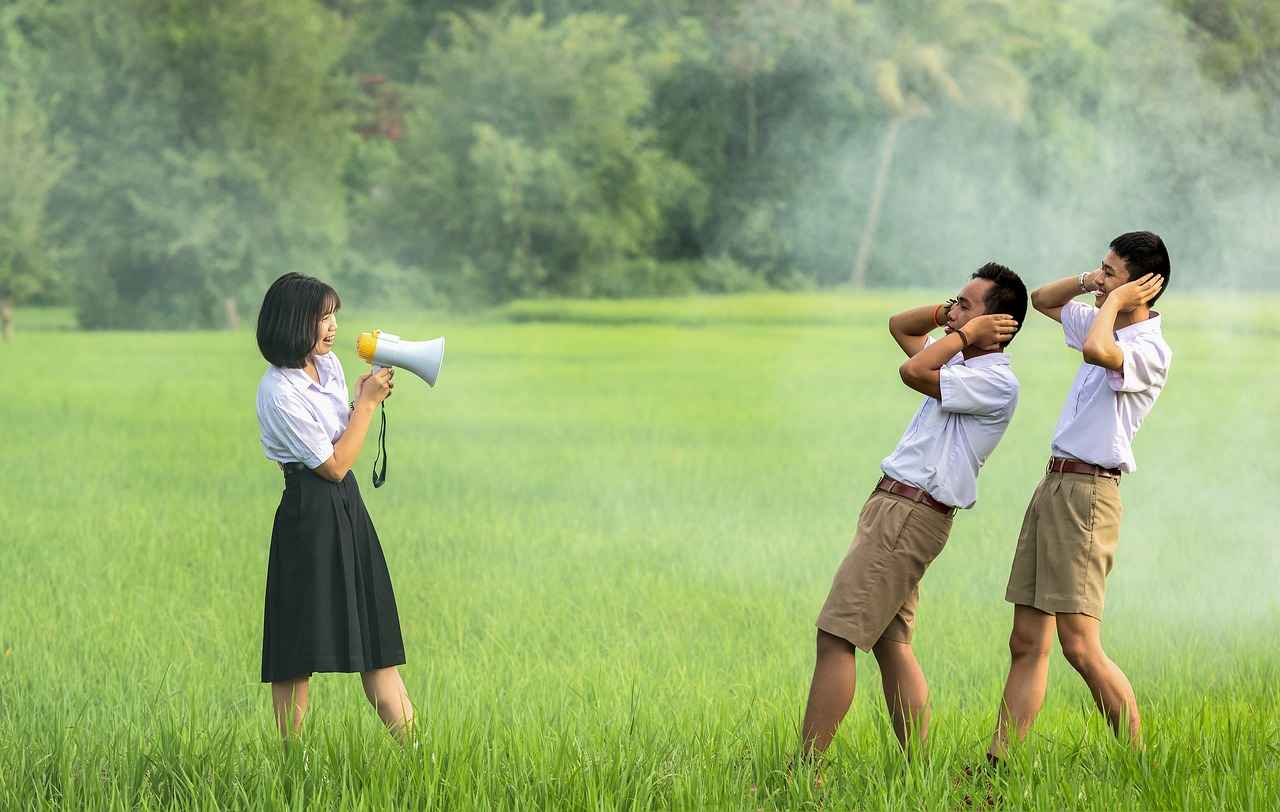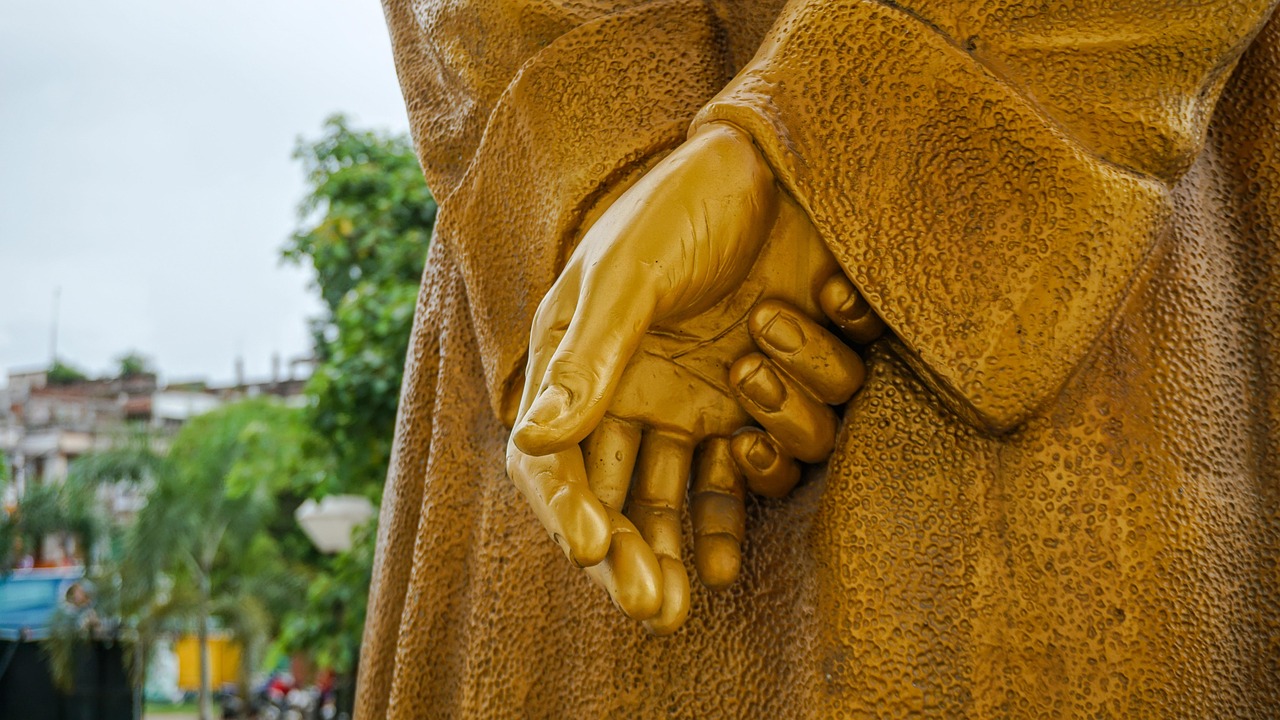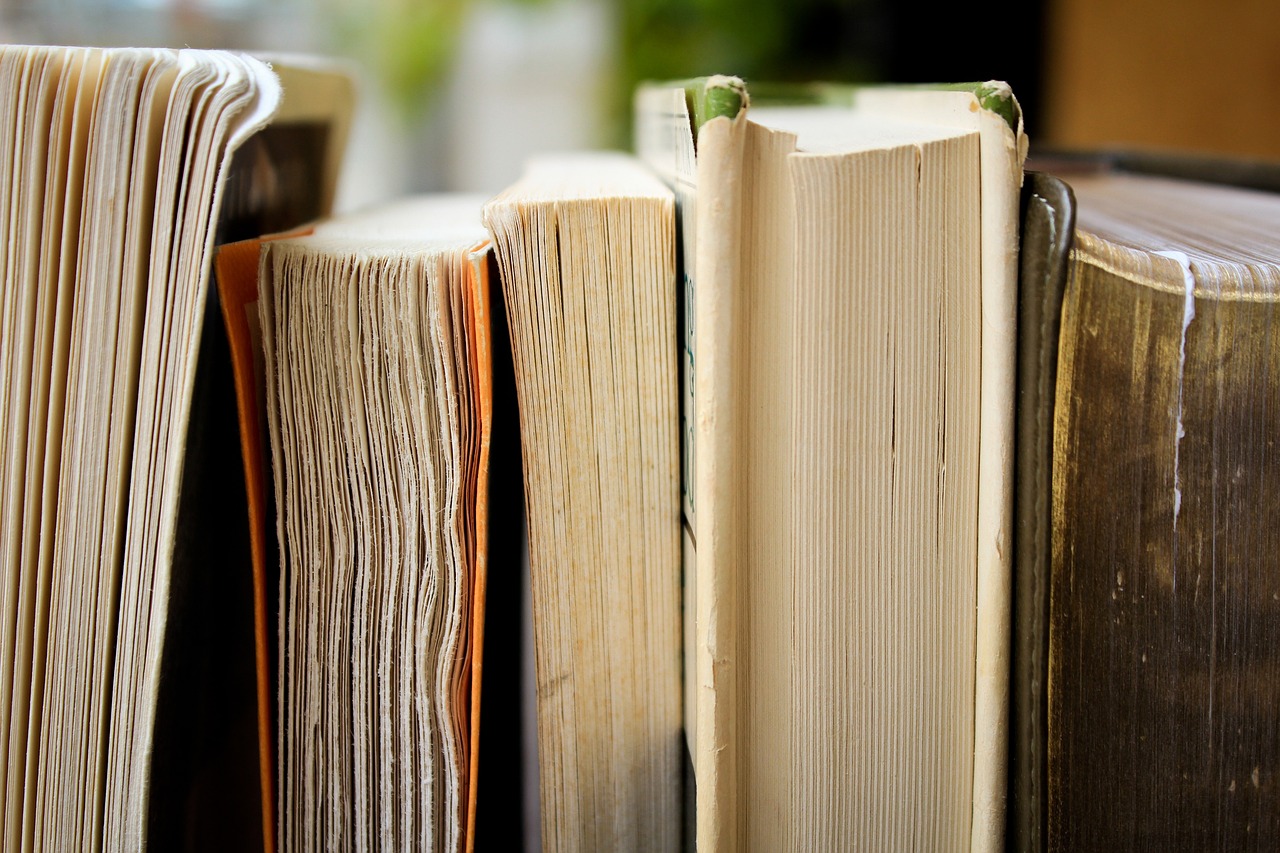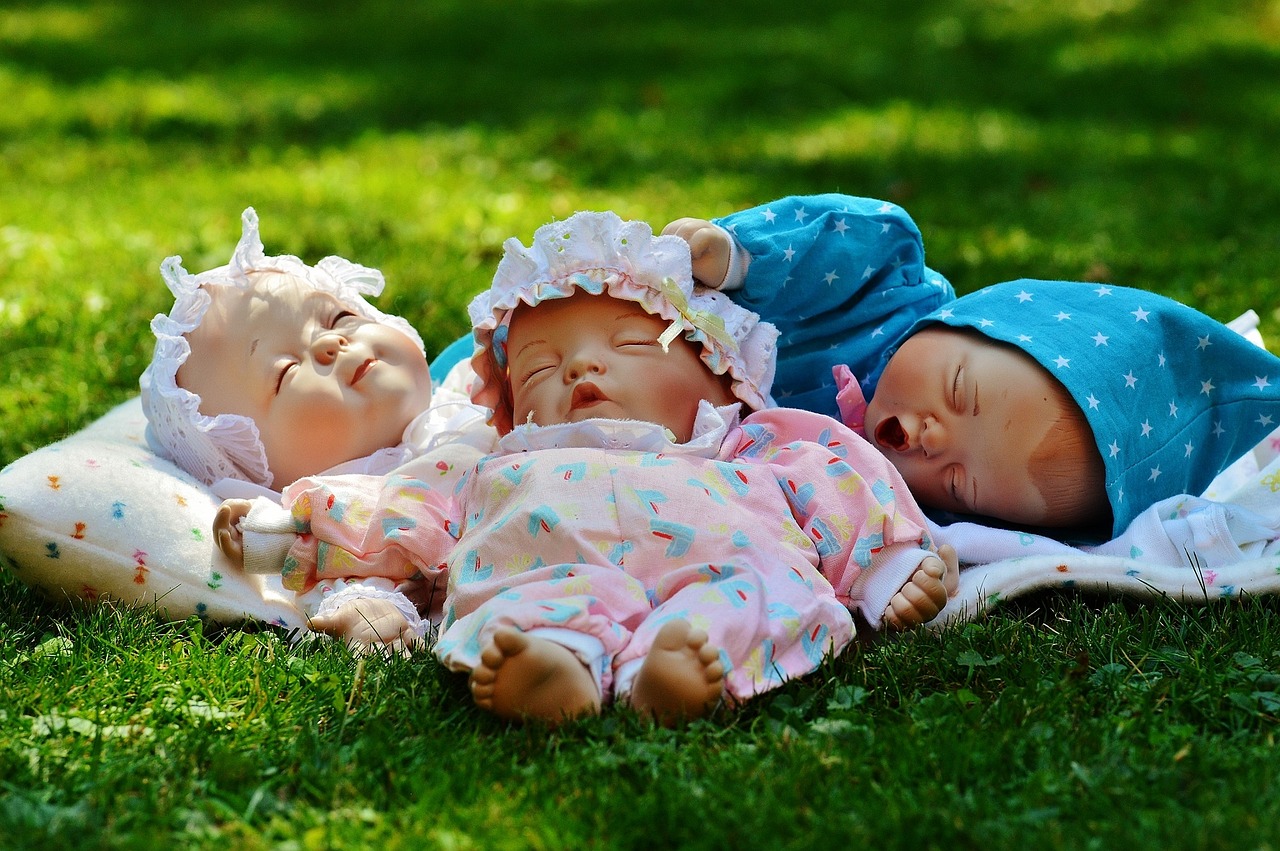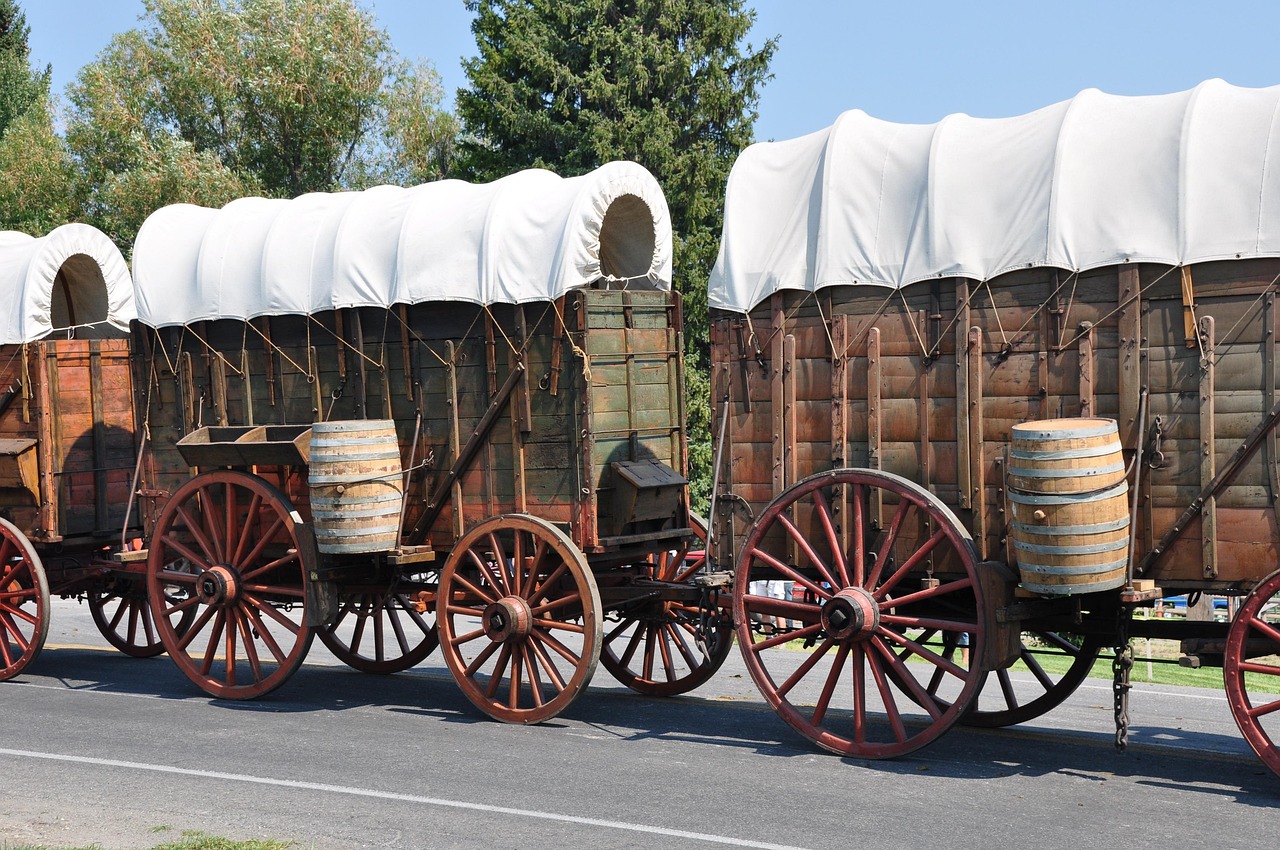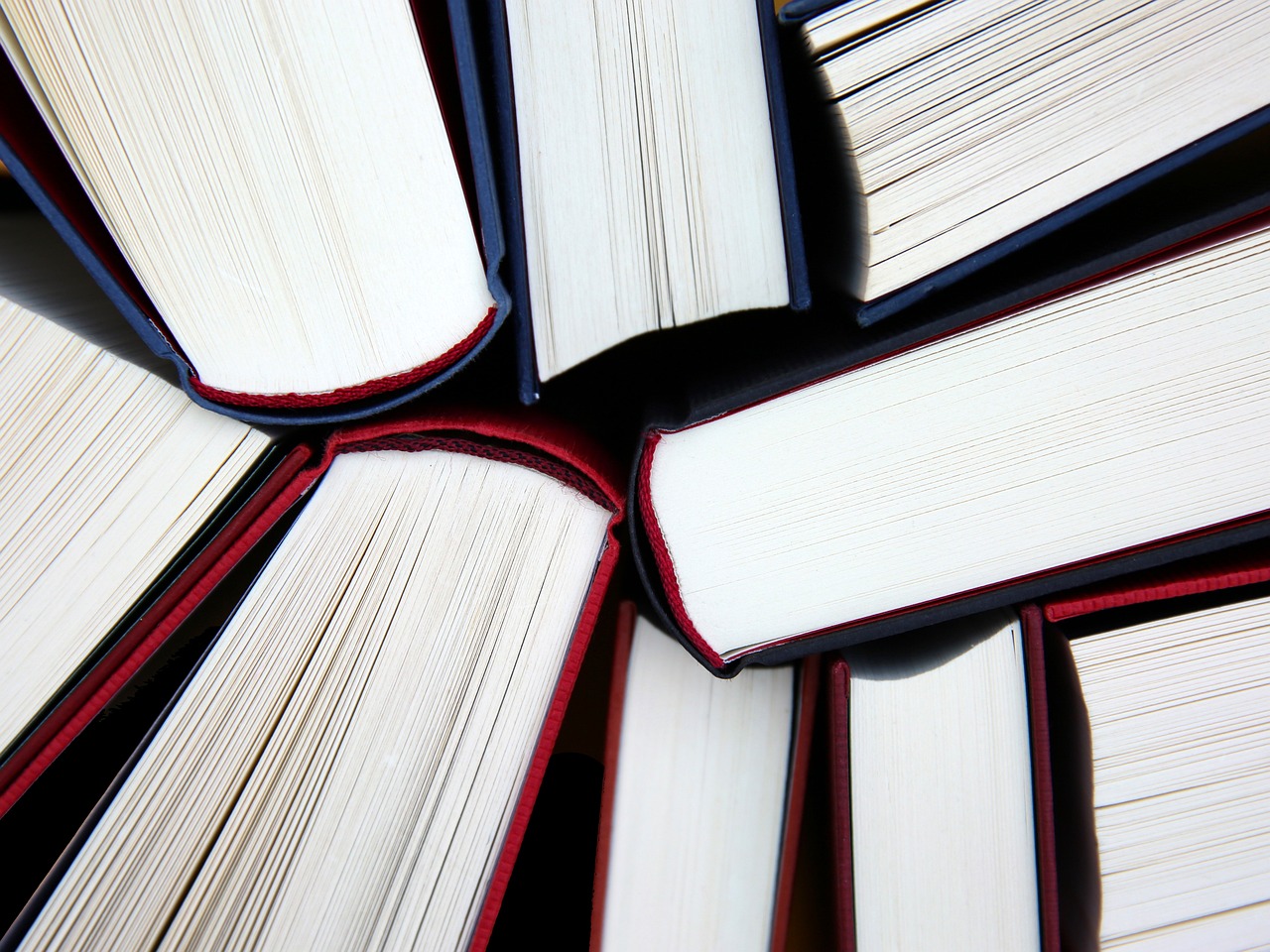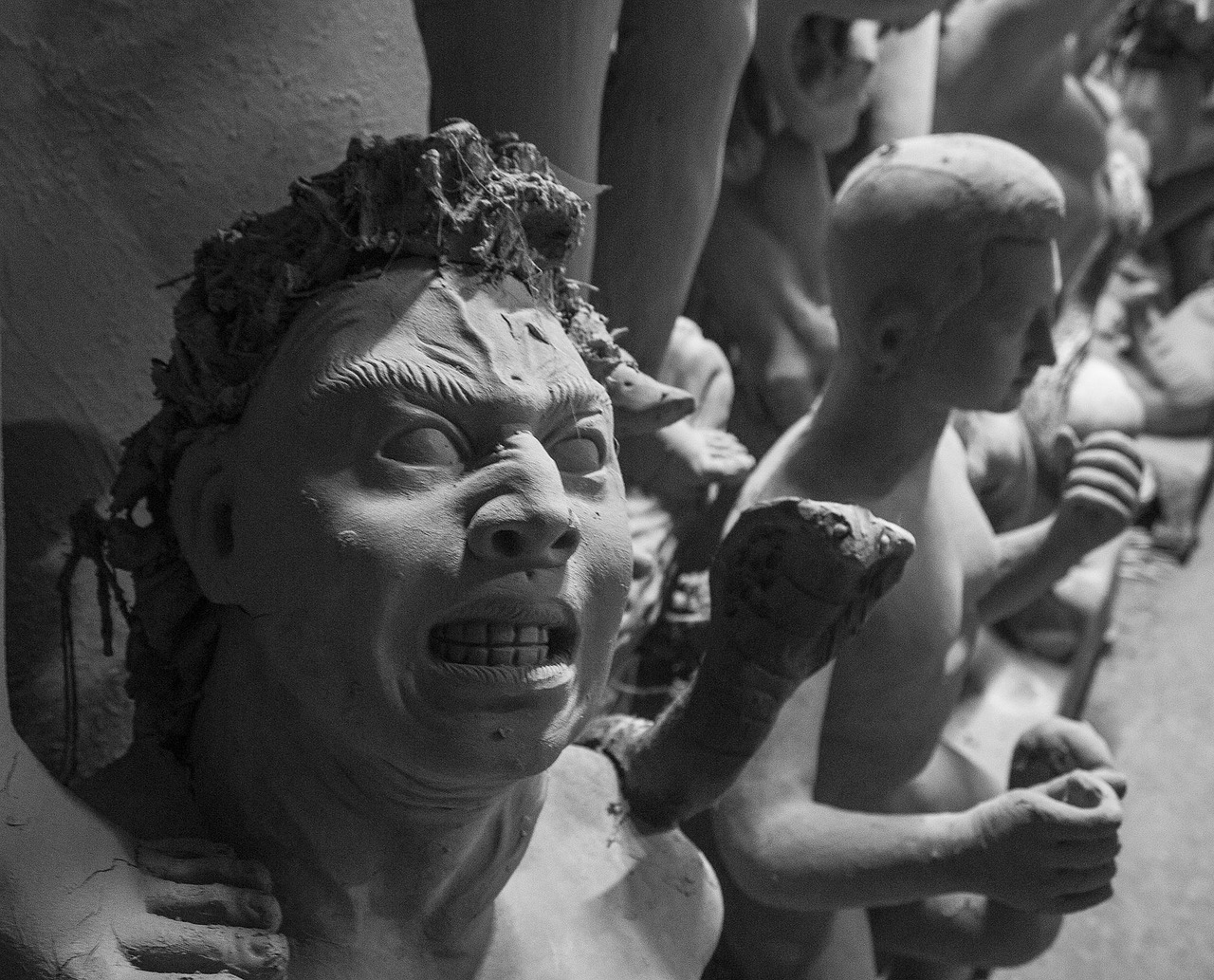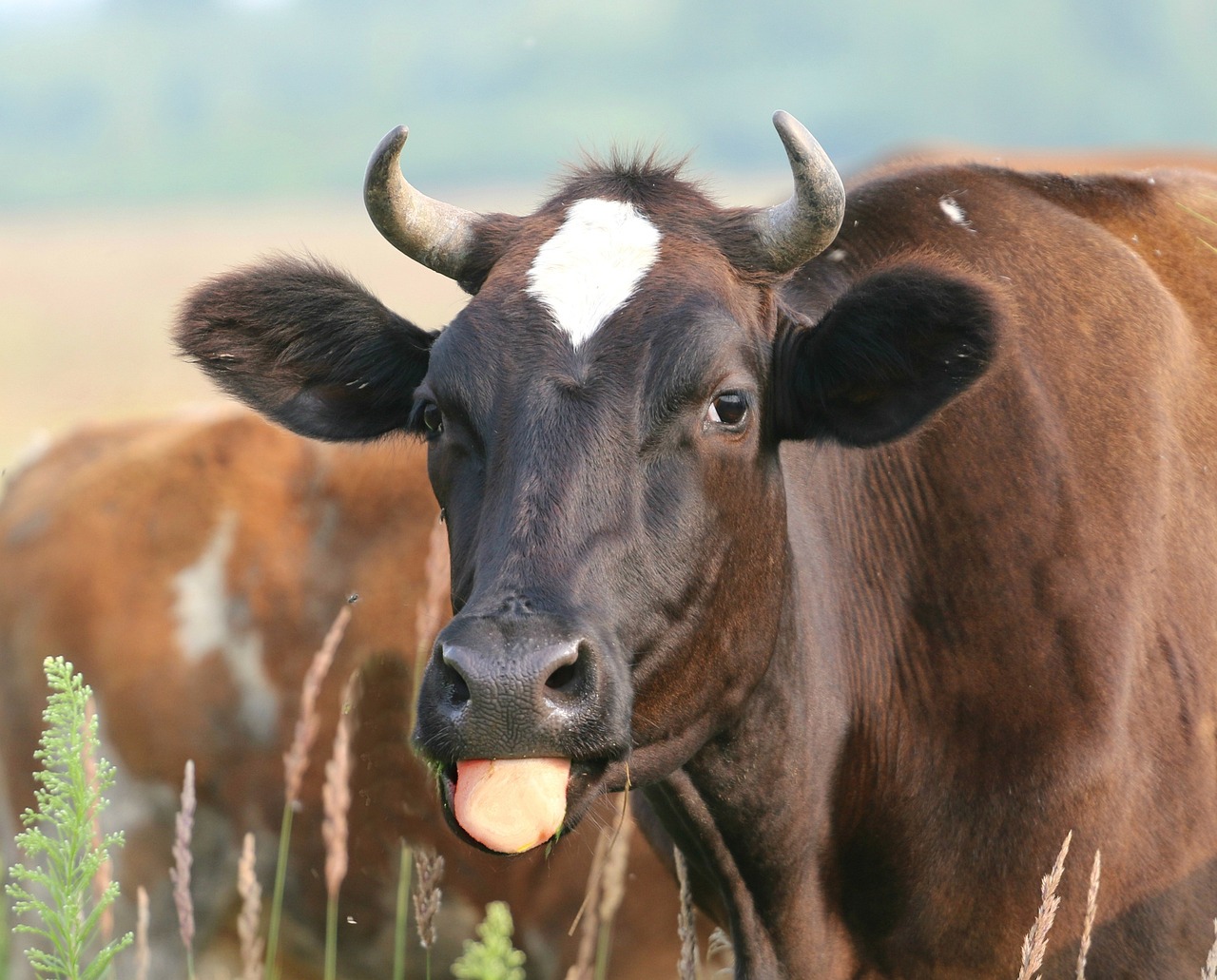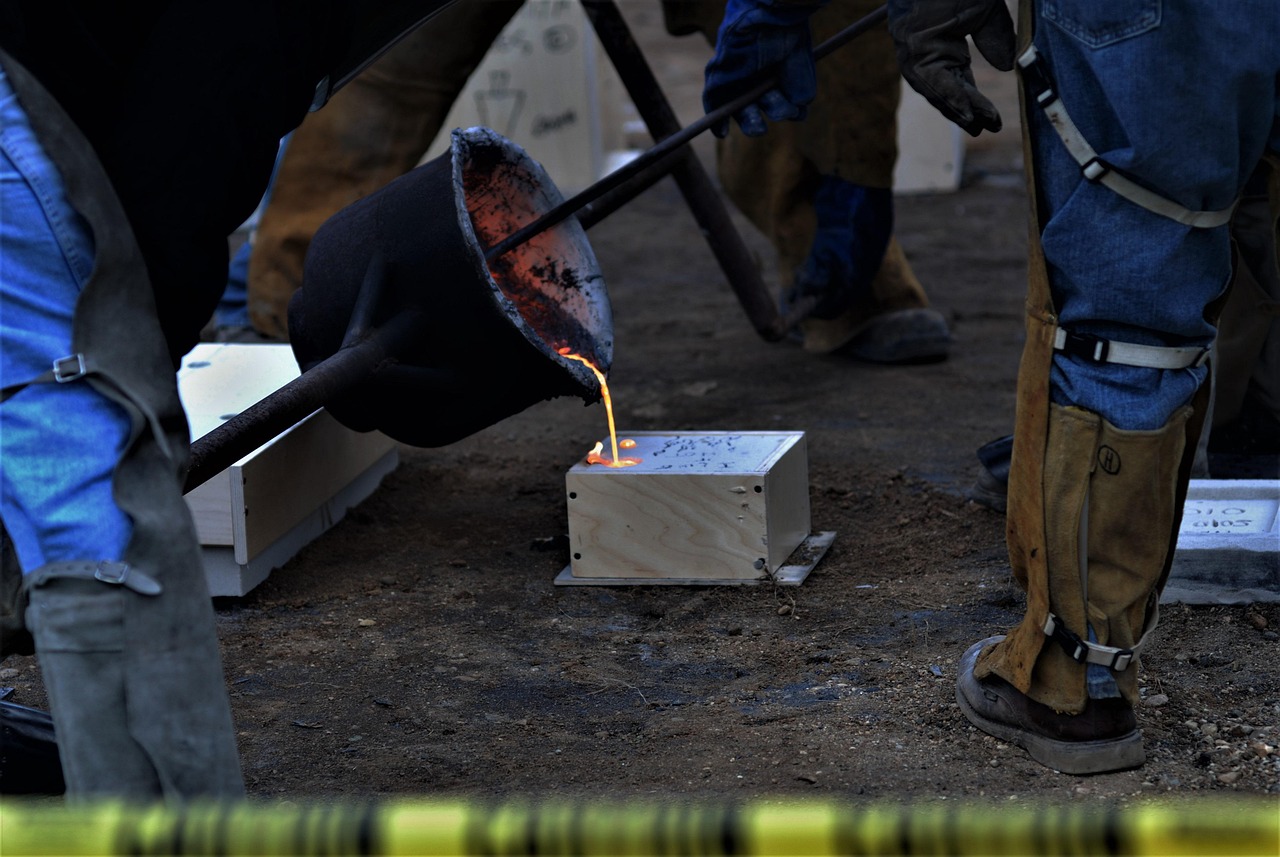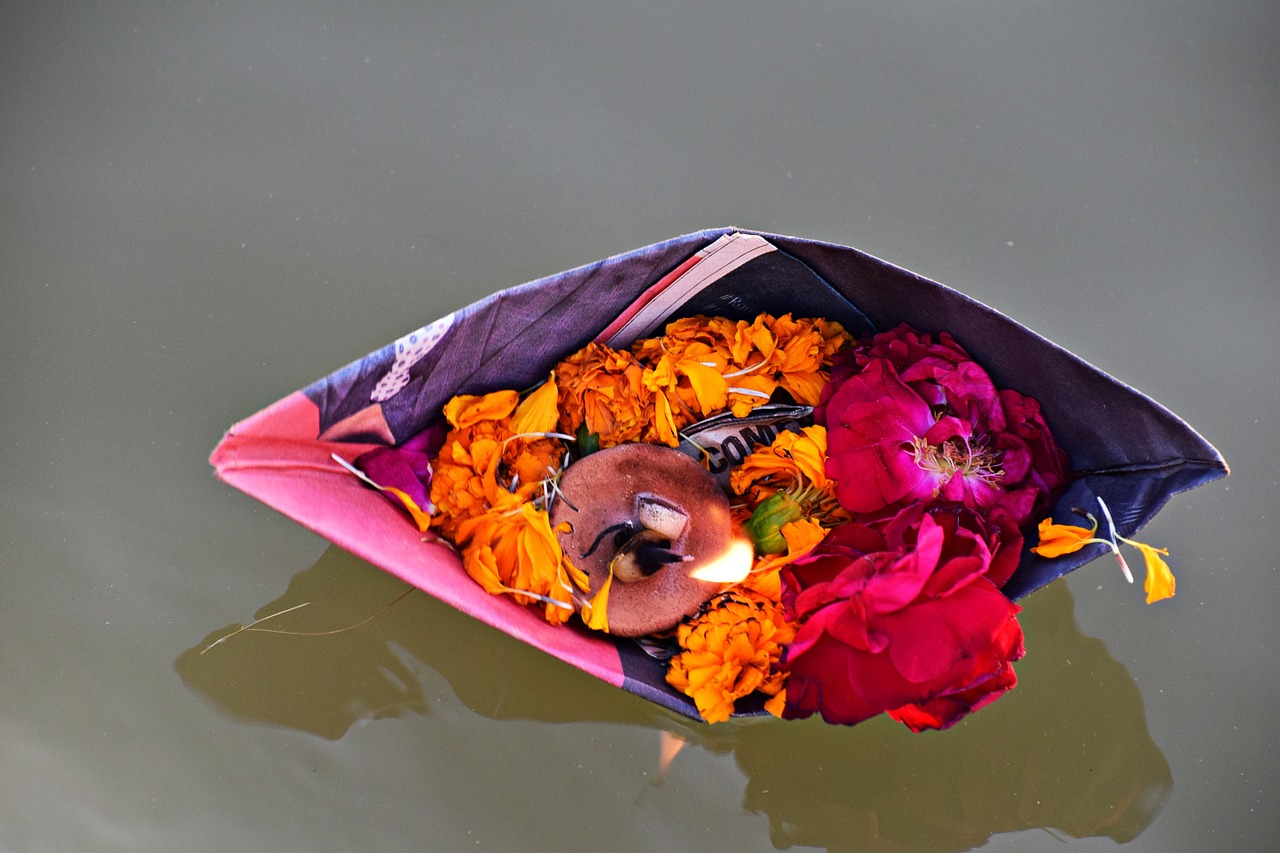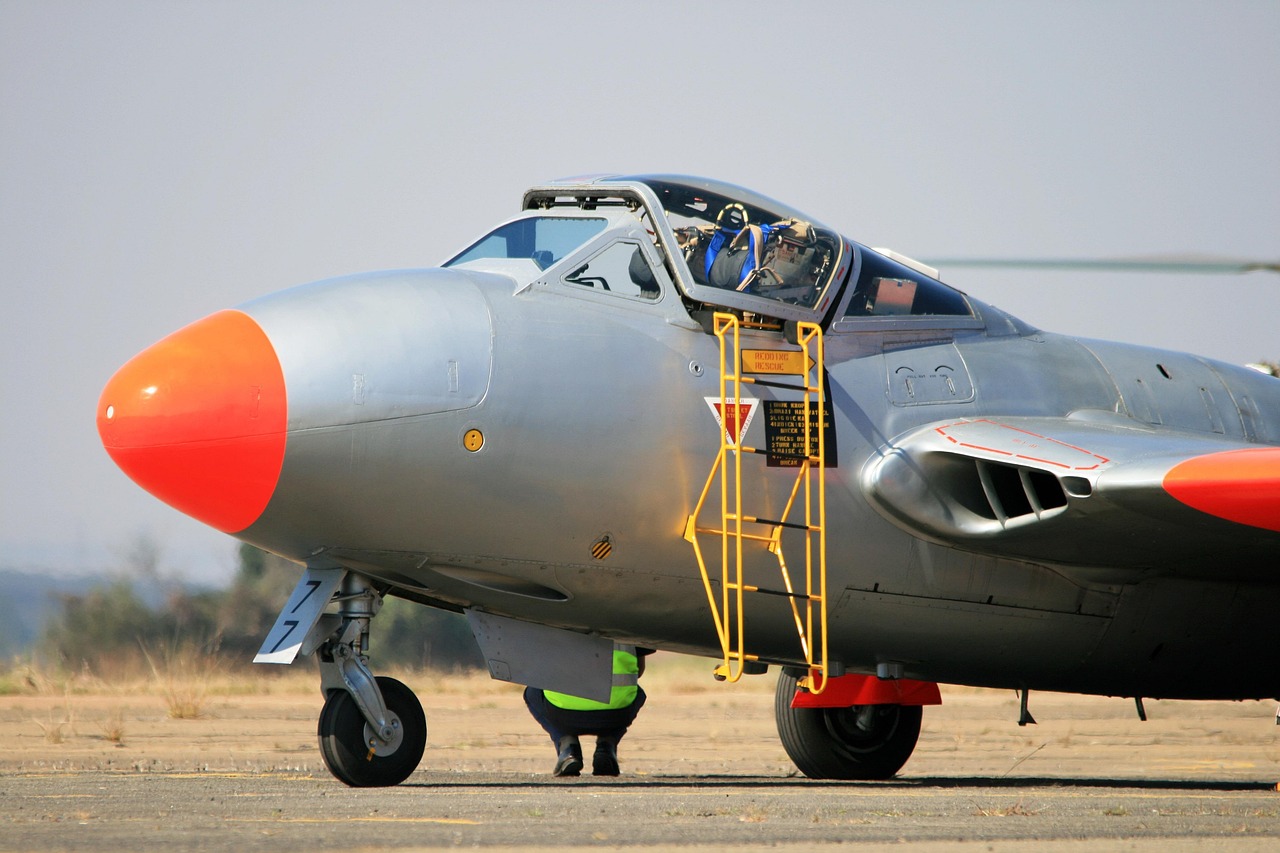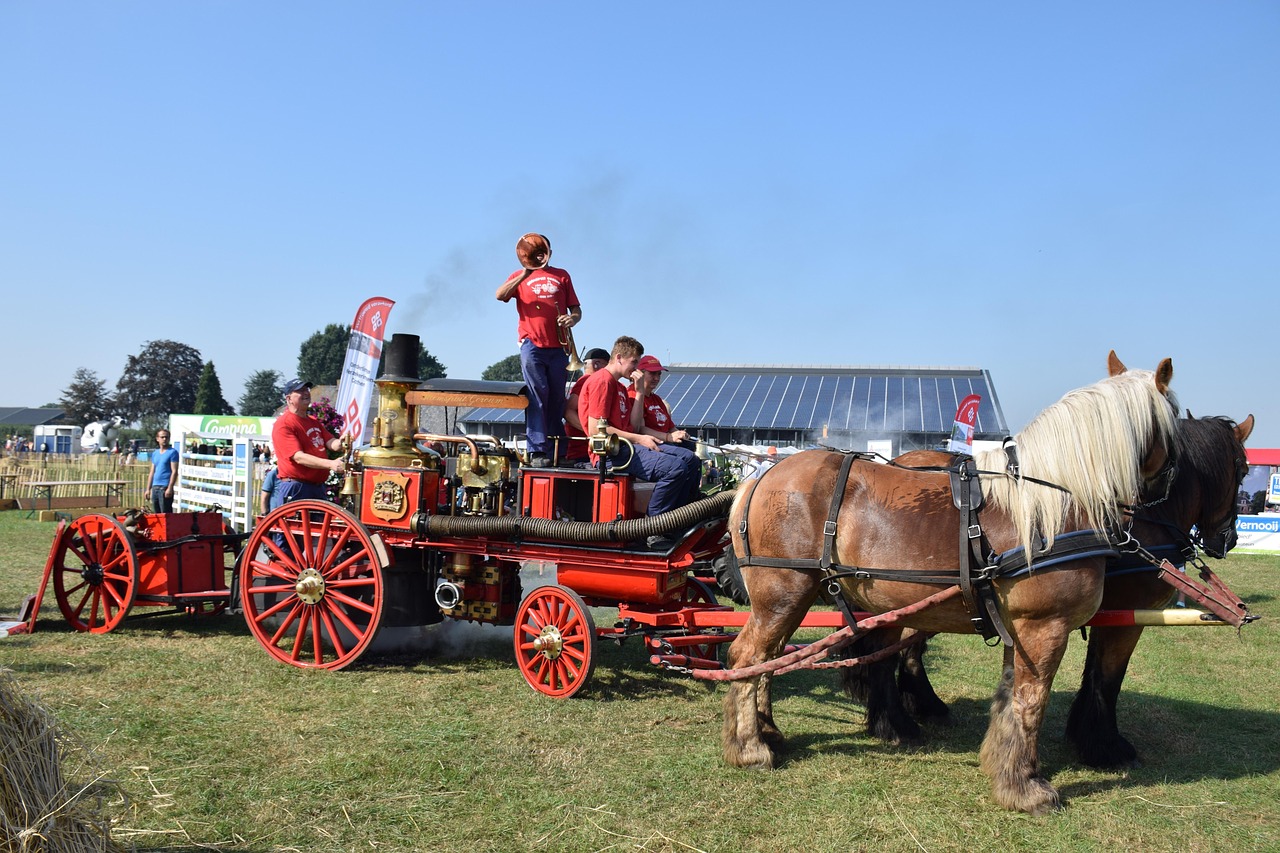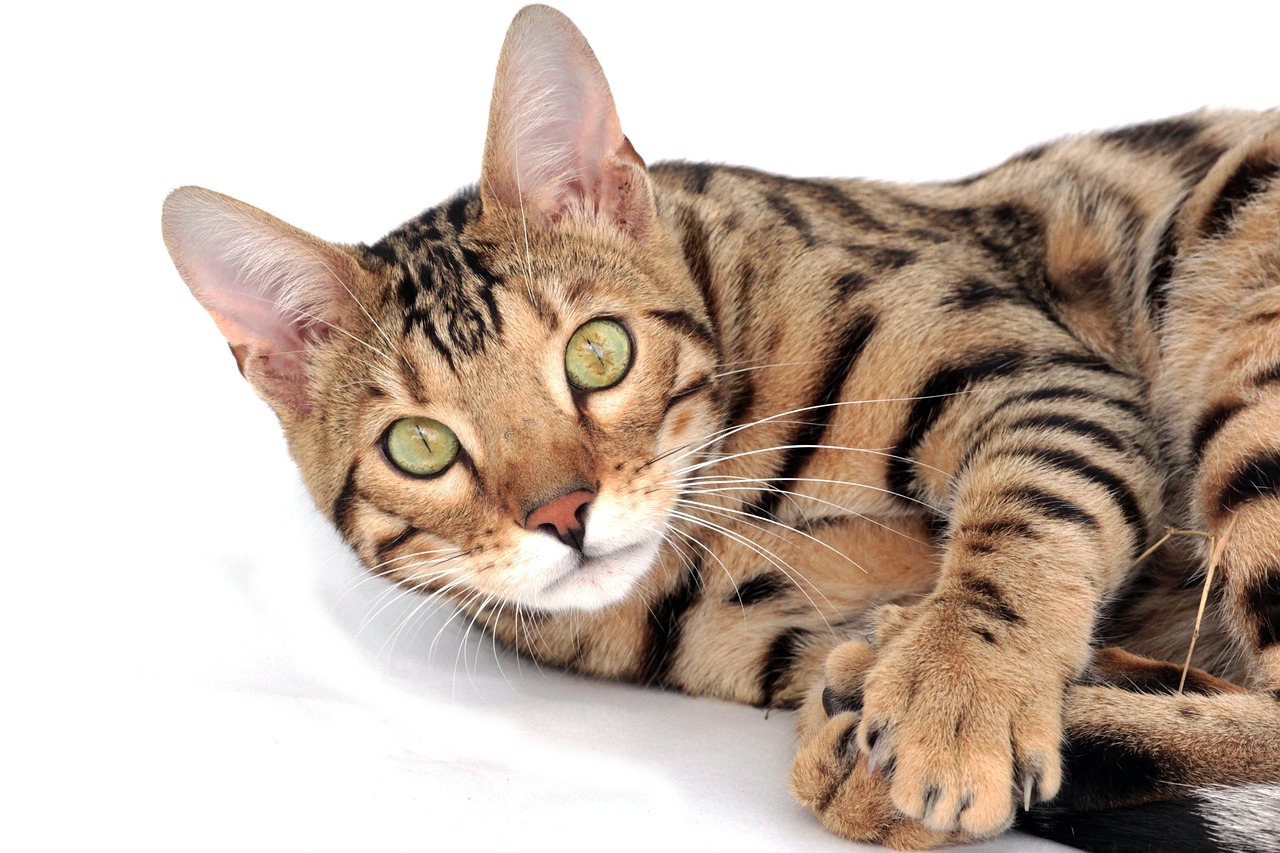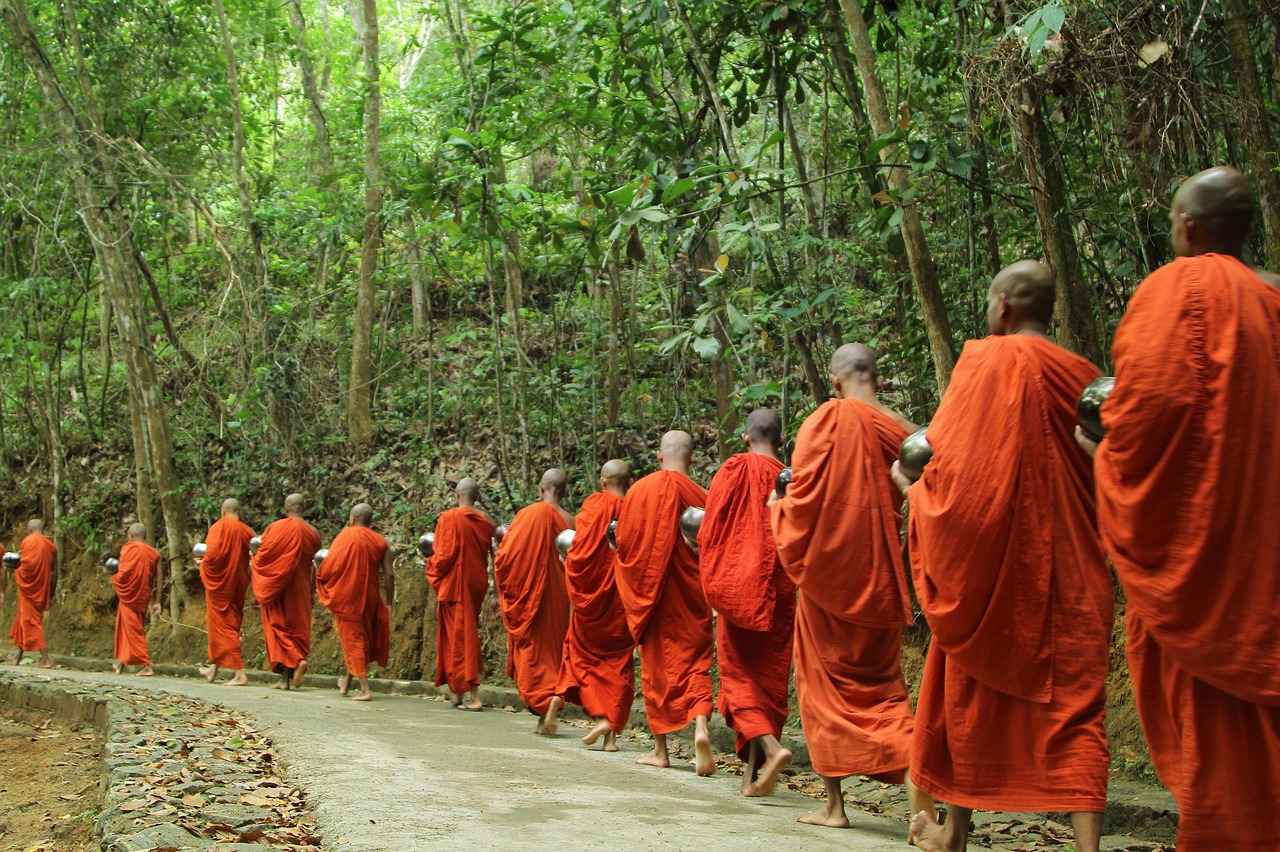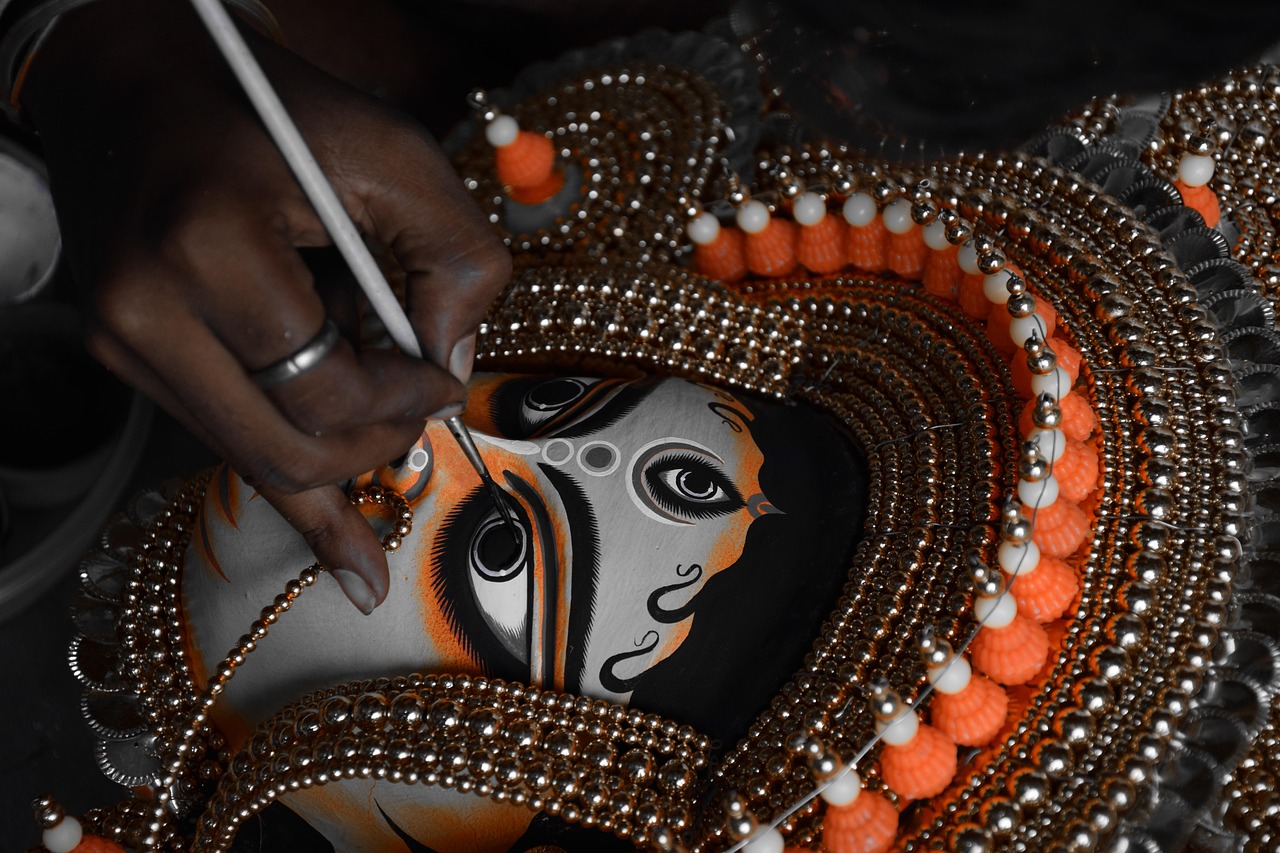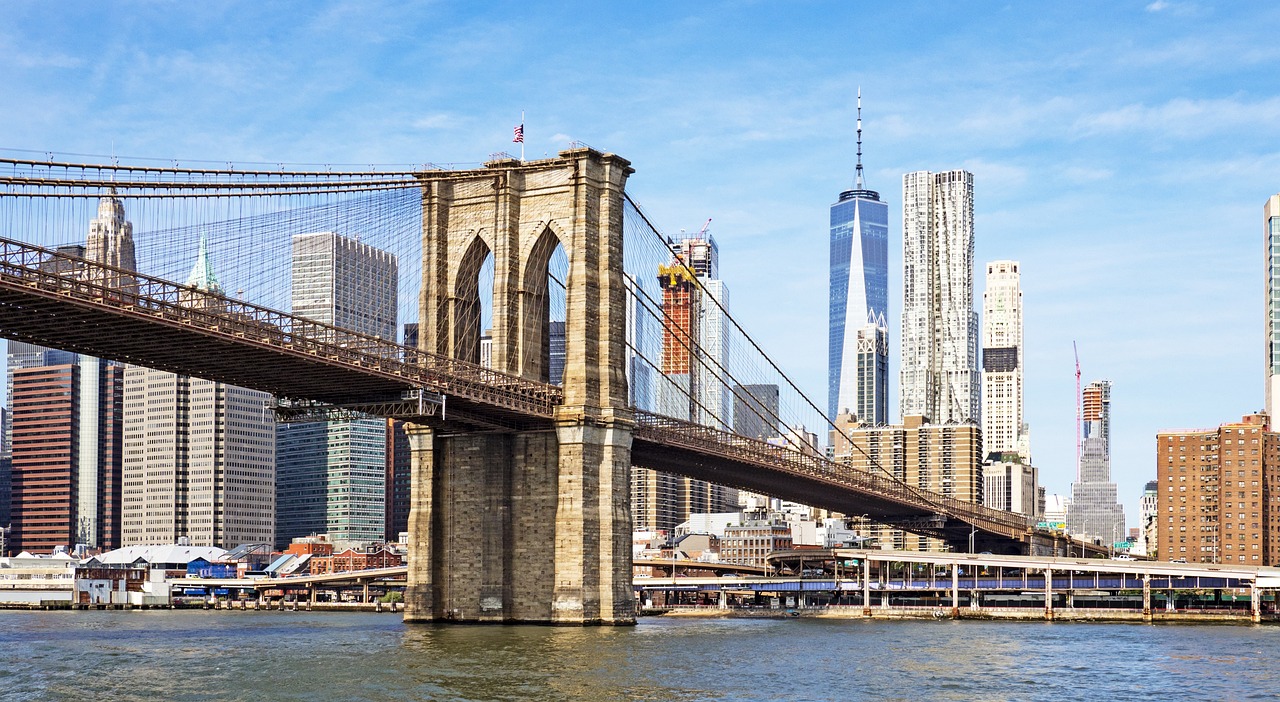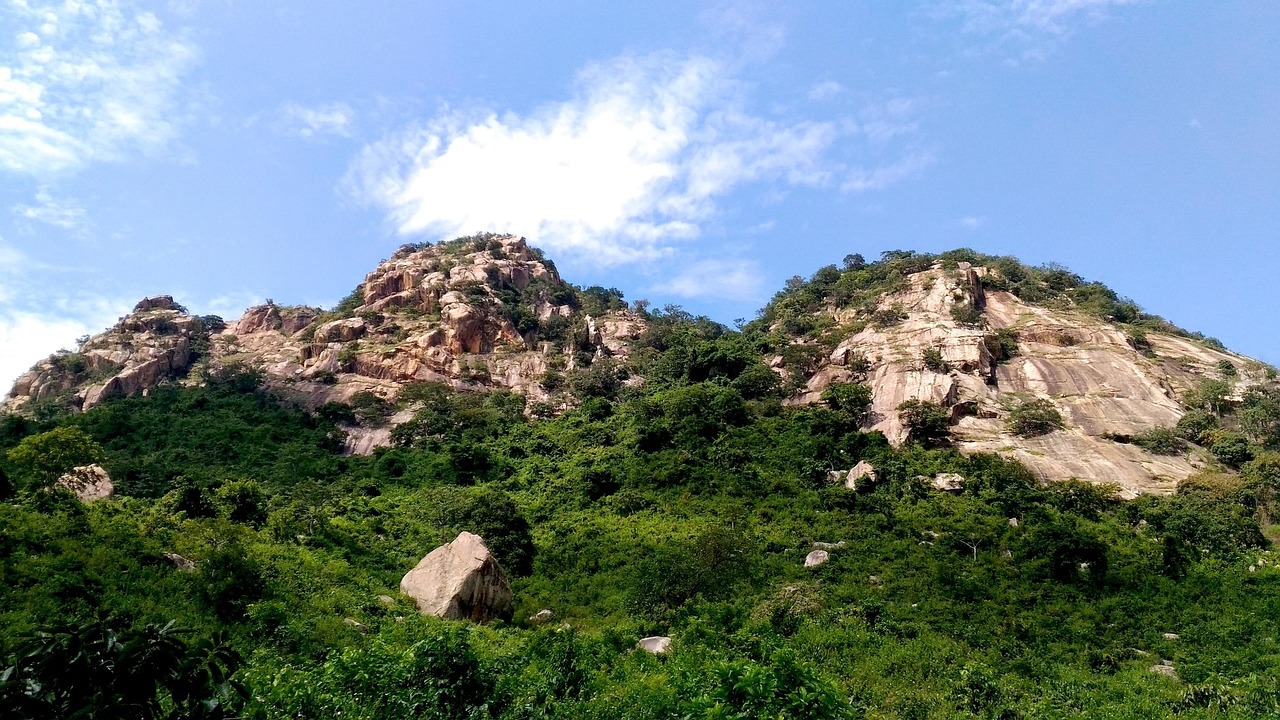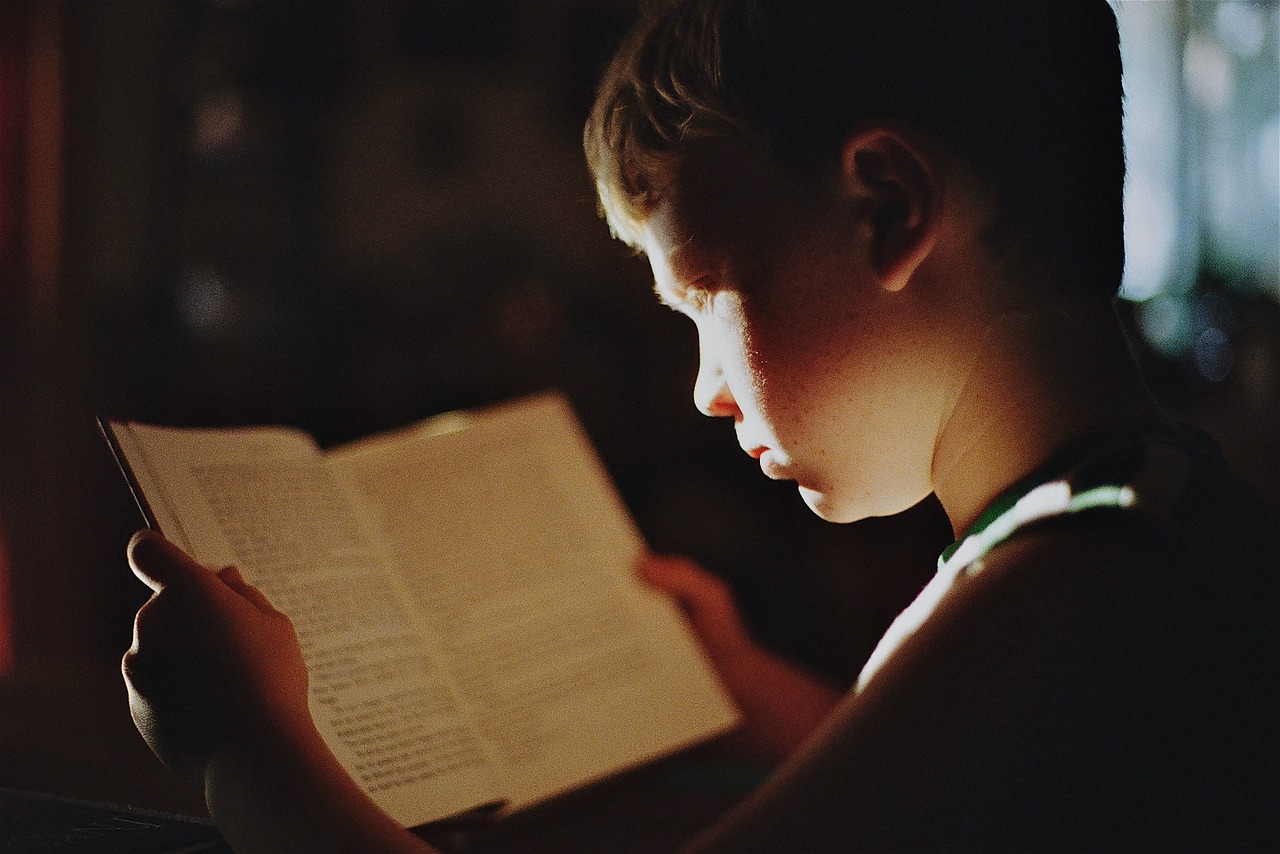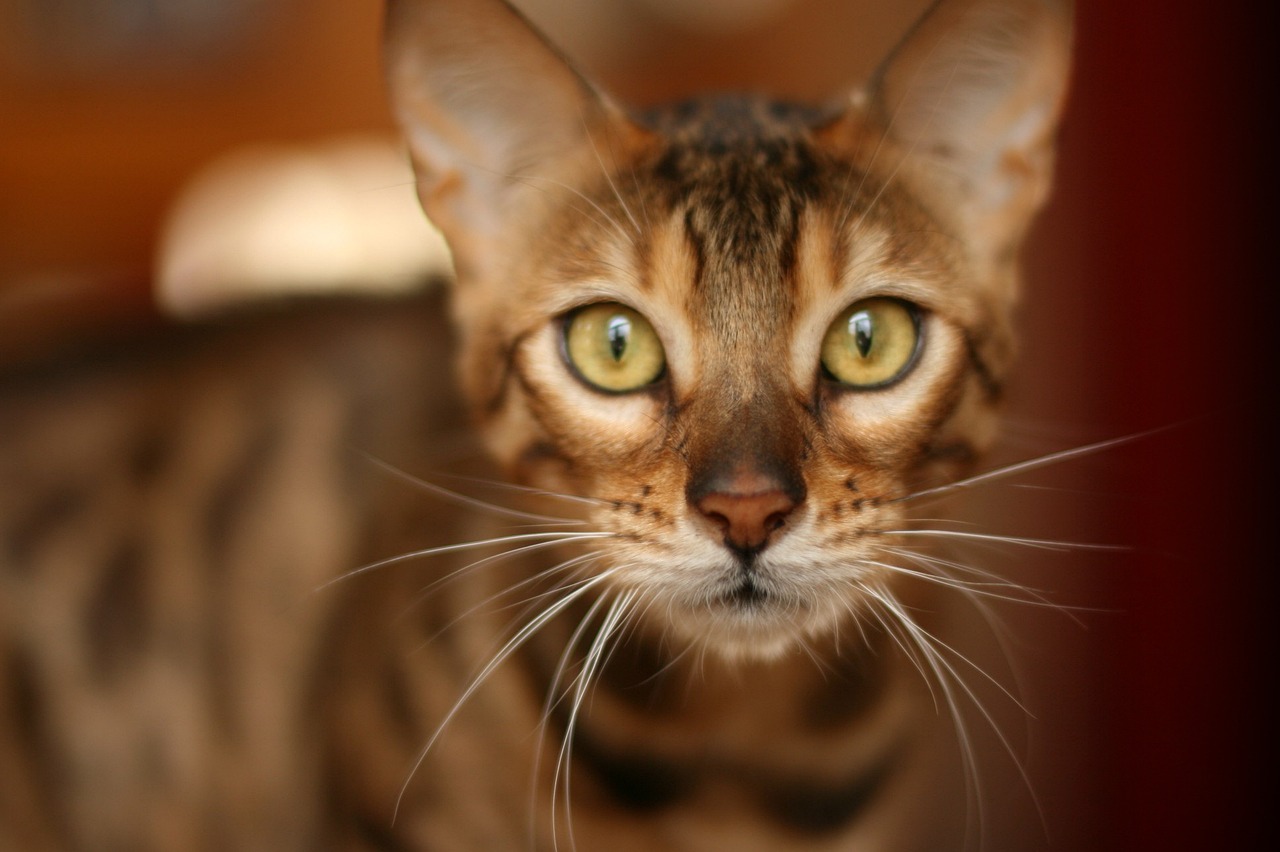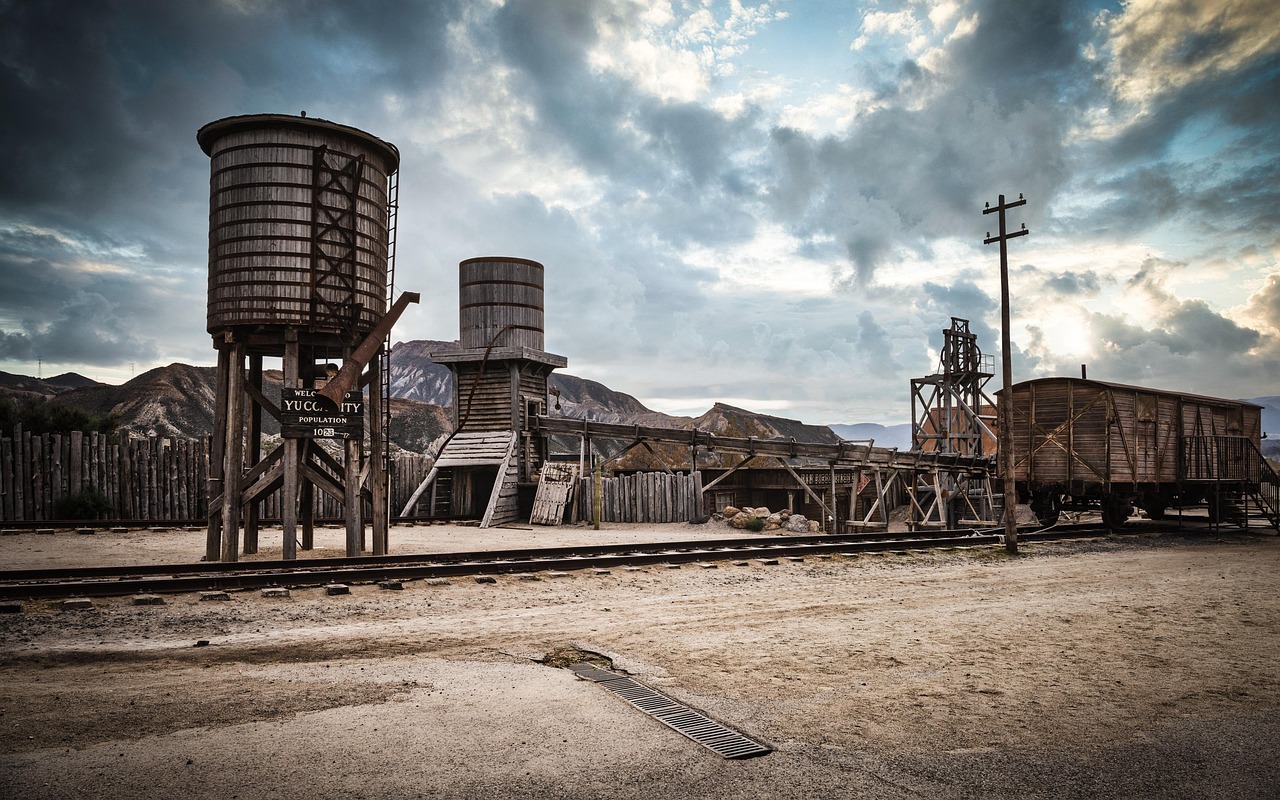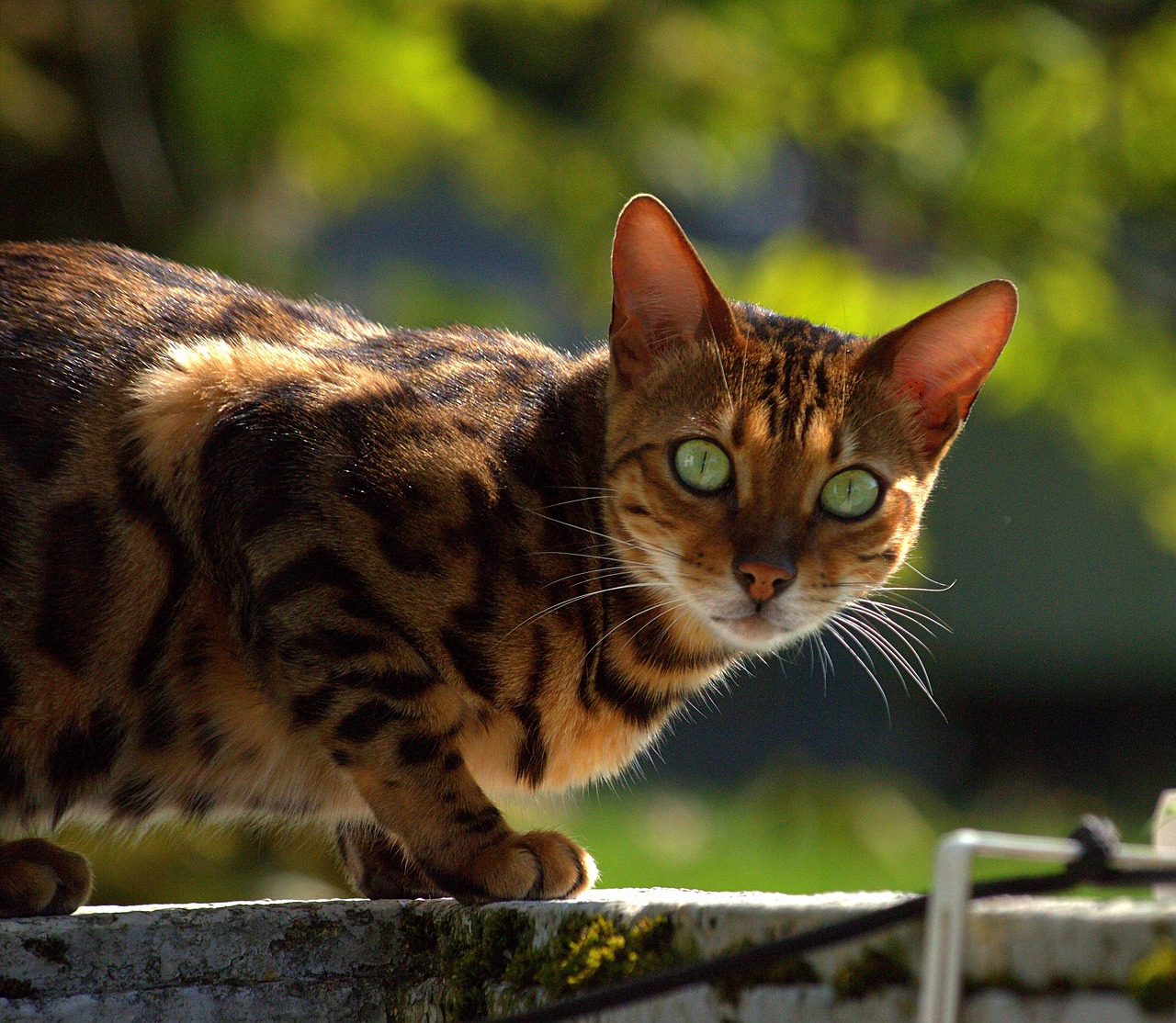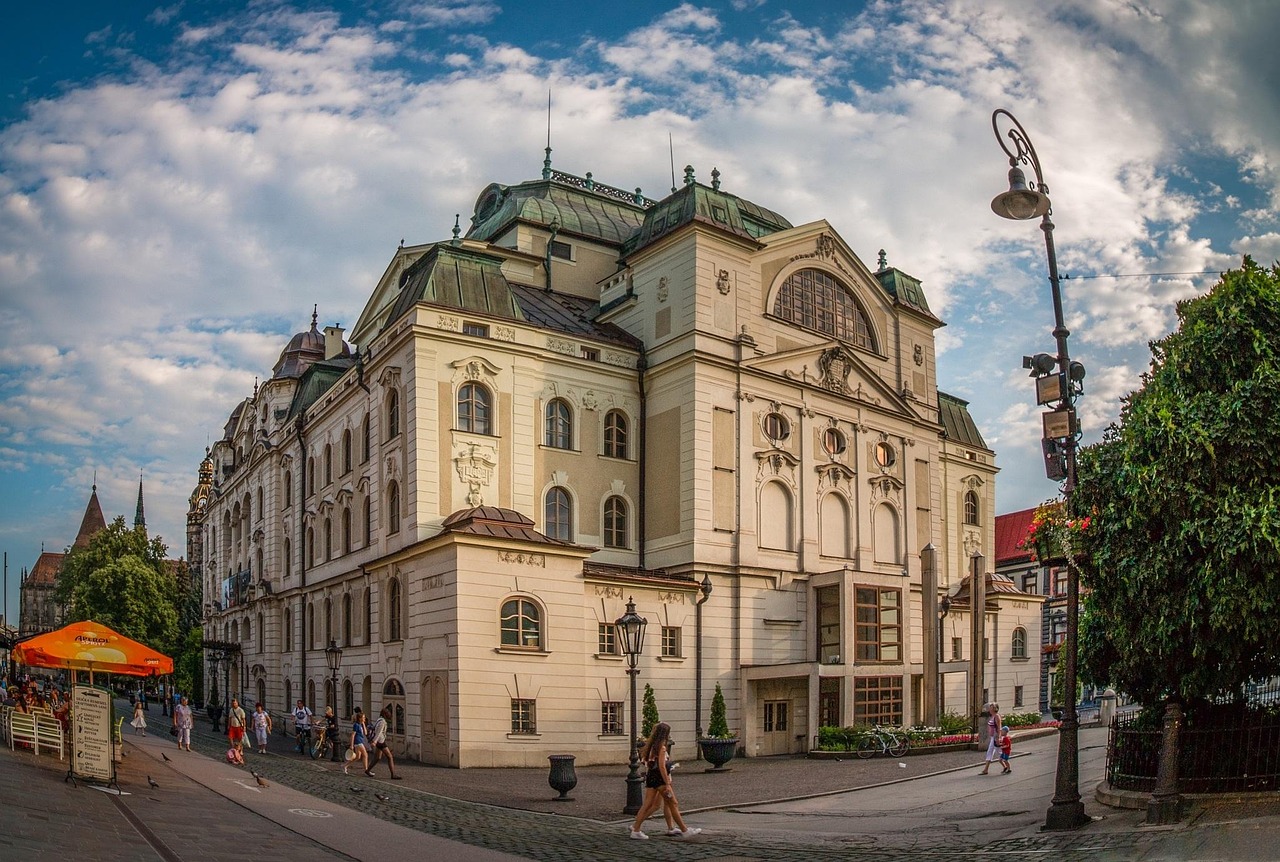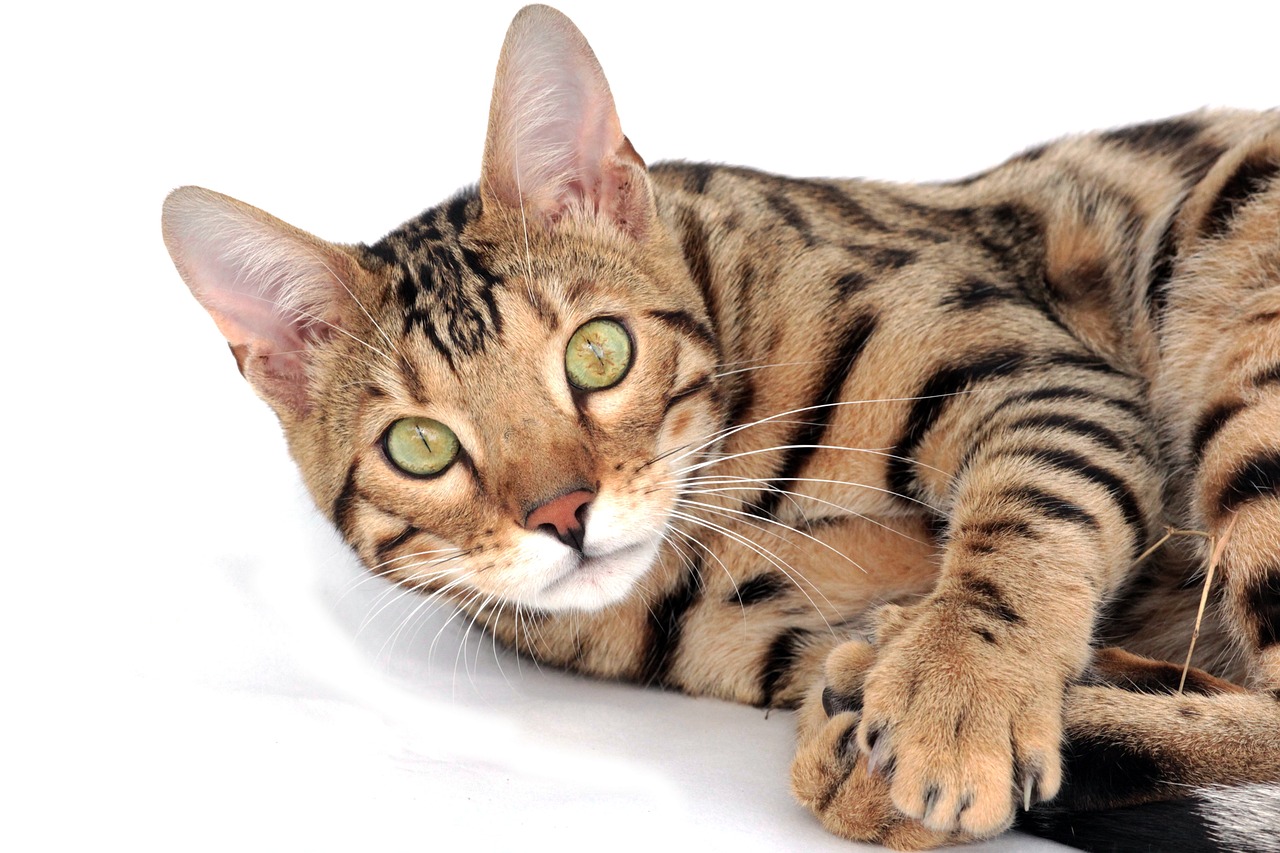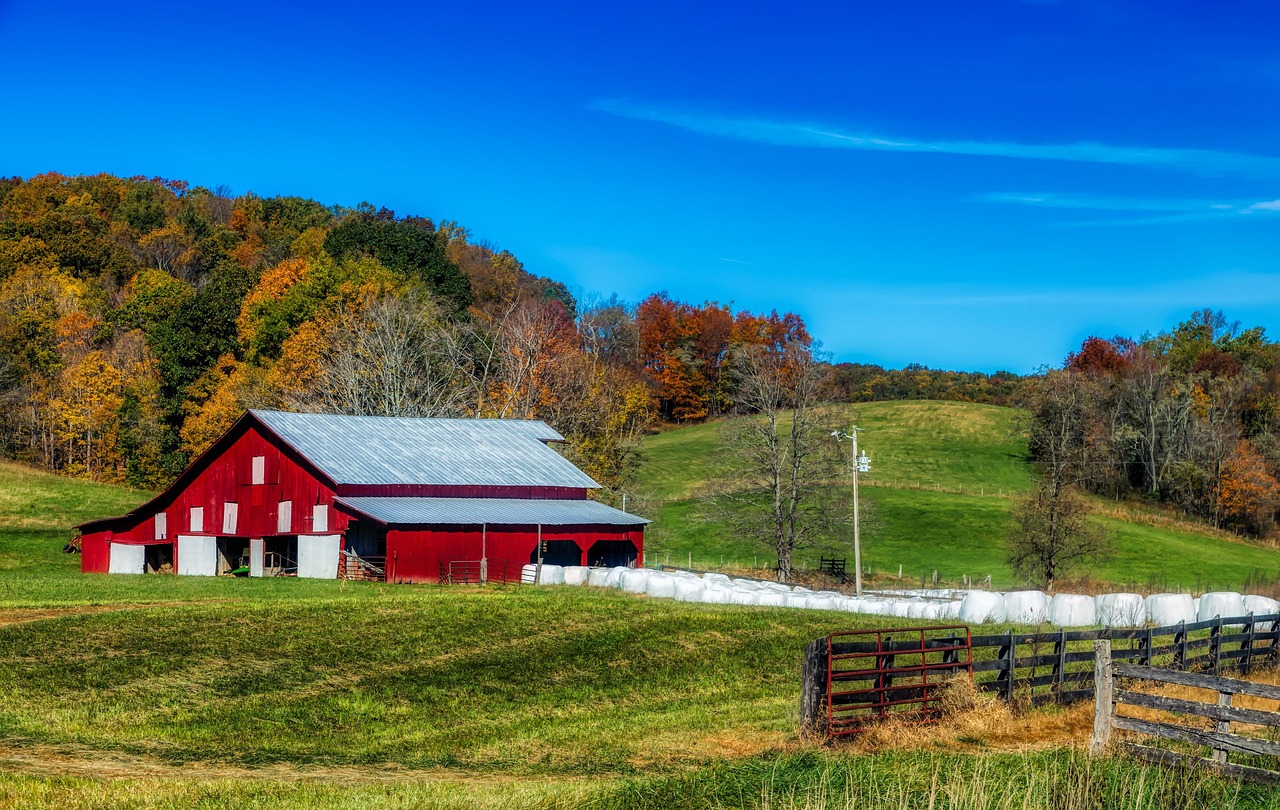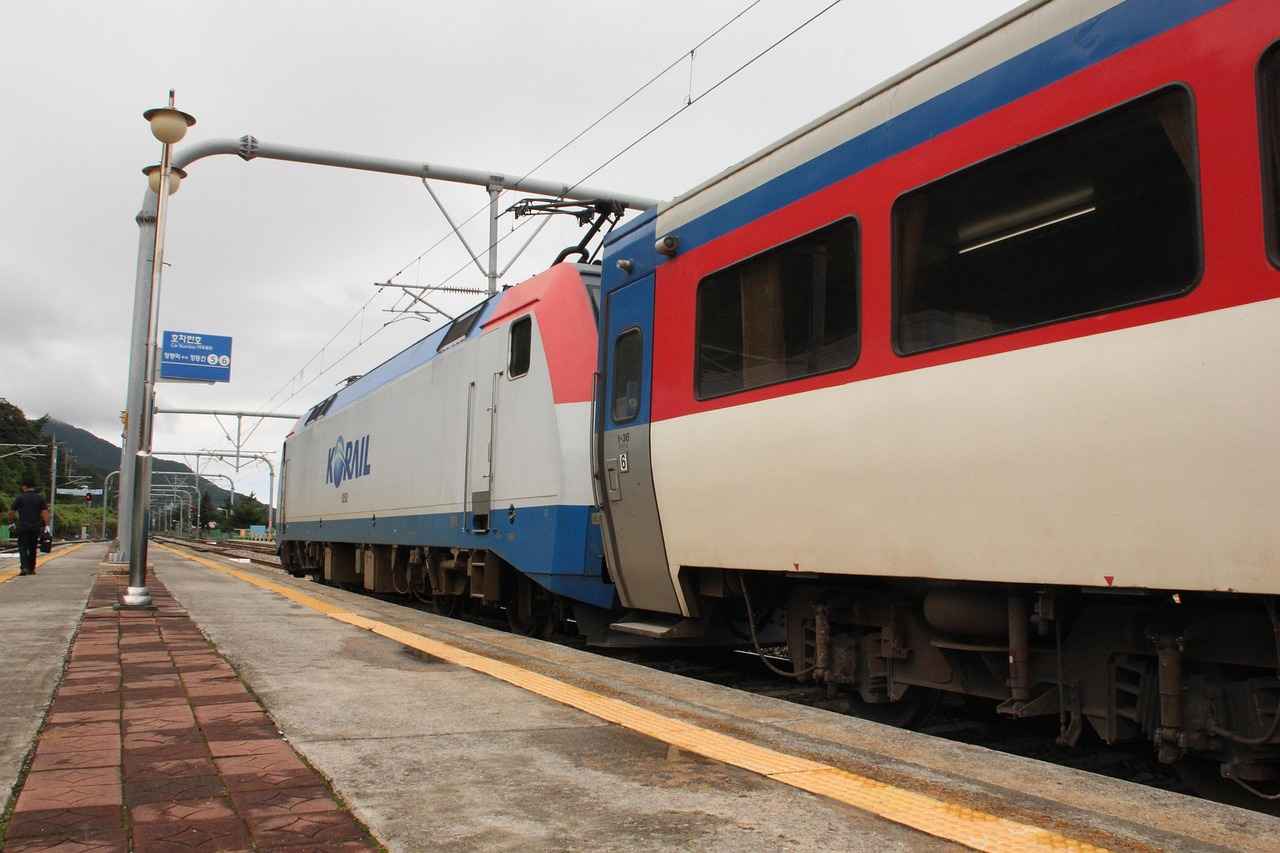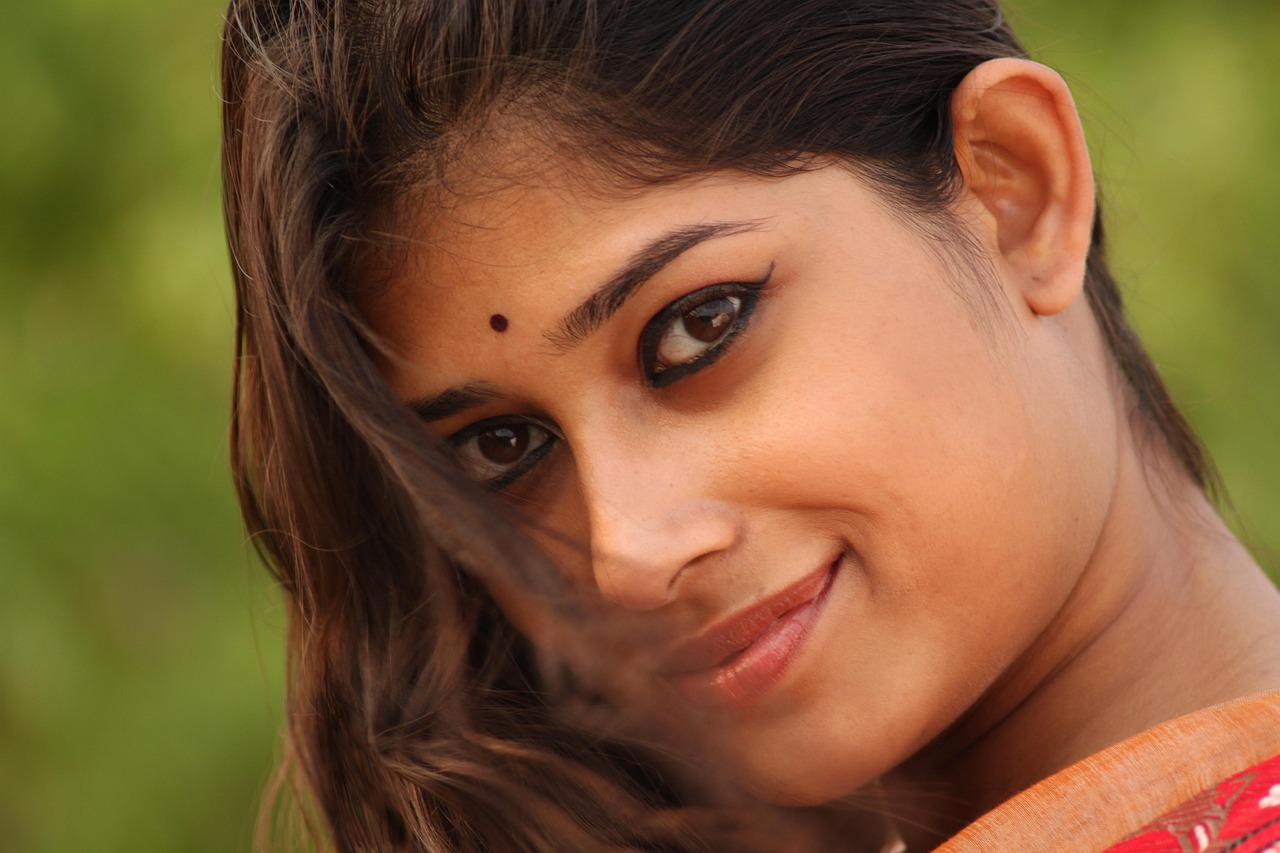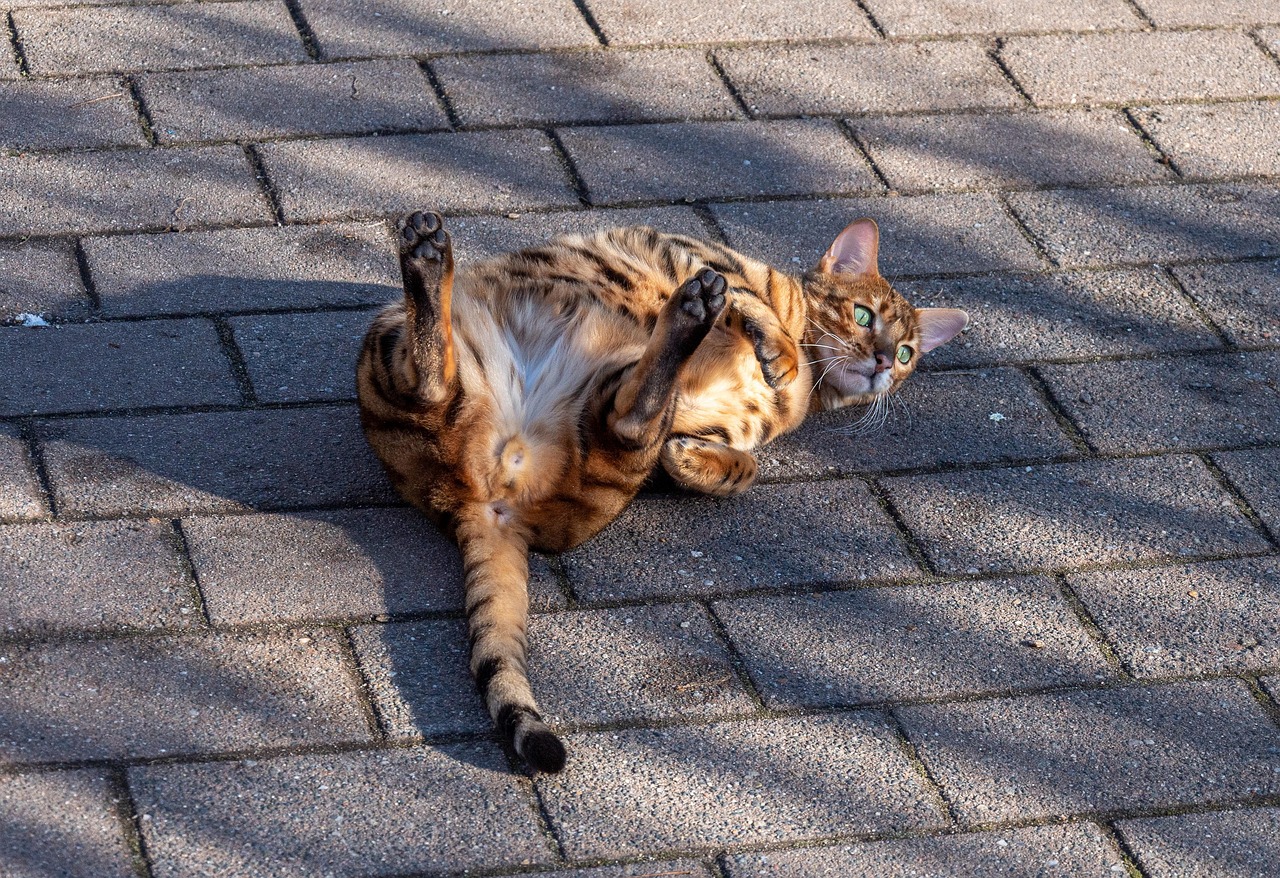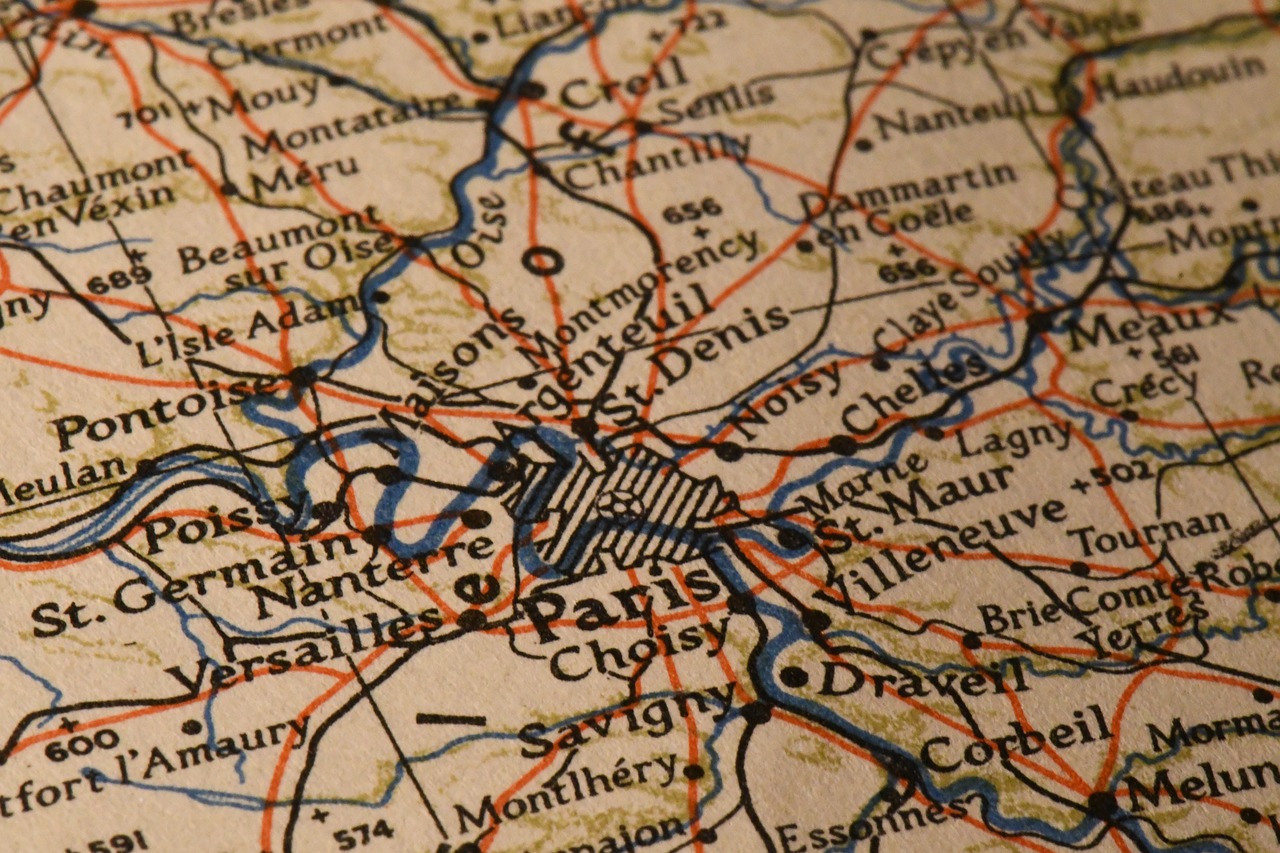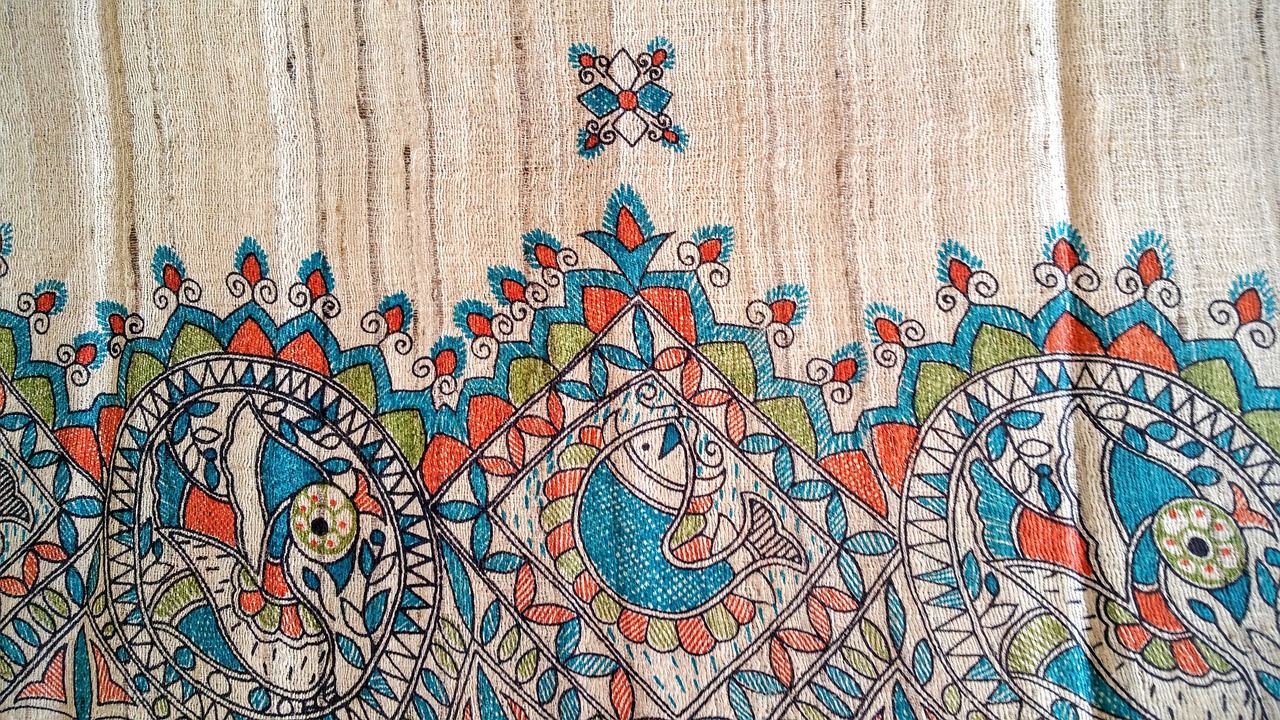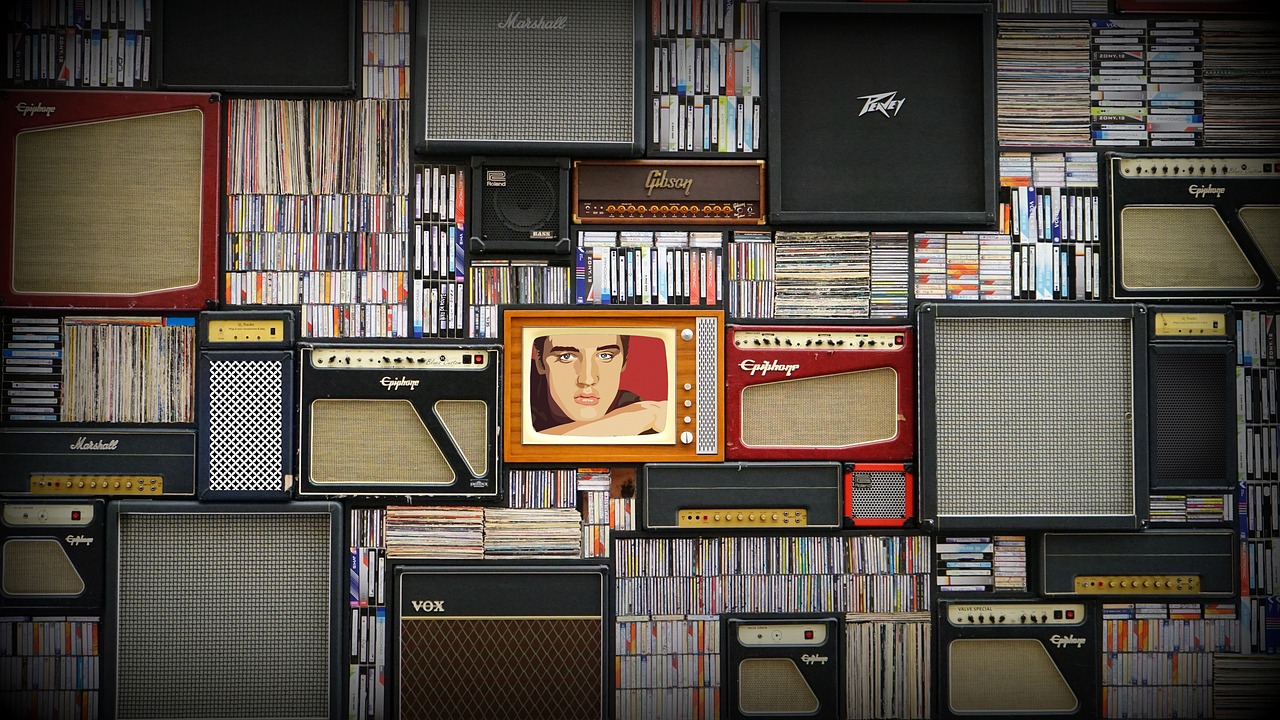This article explores the cultural significance of debates among Bengalis, delving into their historical roots, social dynamics, and the passion that fuels these discussions in everyday life. The love for debate among Bengalis is not merely a pastime; it is a vibrant aspect of their identity, reflecting a rich tapestry of cultural influences and intellectual traditions.
The Cultural Roots of Debate in Bengali Society
Debating is deeply ingrained in Bengali culture, stemming from historical influences that shaped their intellectual landscape. The Bengali Renaissance in the 19th century, characterized by a surge in literature, art, and social reform, laid the groundwork for a culture that values discourse and critical thinking. This section examines how these roots foster a vibrant debate culture.
Historical Influences on Bengali Debating
The history of Bengal is rich with intellectual movements that encouraged public discourse. Key figures such as Raja Ram Mohan Roy and Swami Vivekananda championed rational thought and social reform, inspiring countless discussions. Events like the Bengal Partition further fueled public debates, shaping the political landscape and community engagement.
The Role of Literature in Shaping Debates
Bengali literature has long been a catalyst for debate, with writers and poets sparking discussions on societal issues. Influential works by authors like Rabindranath Tagore and Kazi Nazrul Islam have inspired critical thinking and public discourse. Their literary contributions continue to resonate, encouraging readers to engage in meaningful conversations.
Debates as a Social Activity
For many Bengalis, debating is not just an intellectual exercise but a social activity. Family gatherings often feature lively debates, where differing opinions are expressed, strengthening familial bonds and encouraging open communication. Educational institutions also prioritize debate, nurturing skills among students.
Impact of Technology on Debating Trends
The advent of technology has transformed how Bengalis engage in debates. Social media platforms have become popular venues, allowing for broader participation and diverse viewpoints. However, this shift also presents challenges, as online discussions can sometimes lead to misunderstandings.
Conclusion: The Enduring Love for Debate
The passion for debate among Bengalis is a testament to their rich cultural heritage. It fosters critical thinking, encourages community engagement, and reflects a deep-rooted tradition of valuing diverse perspectives. As society evolves, so does the culture of debate, ensuring that this cherished practice continues to thrive.
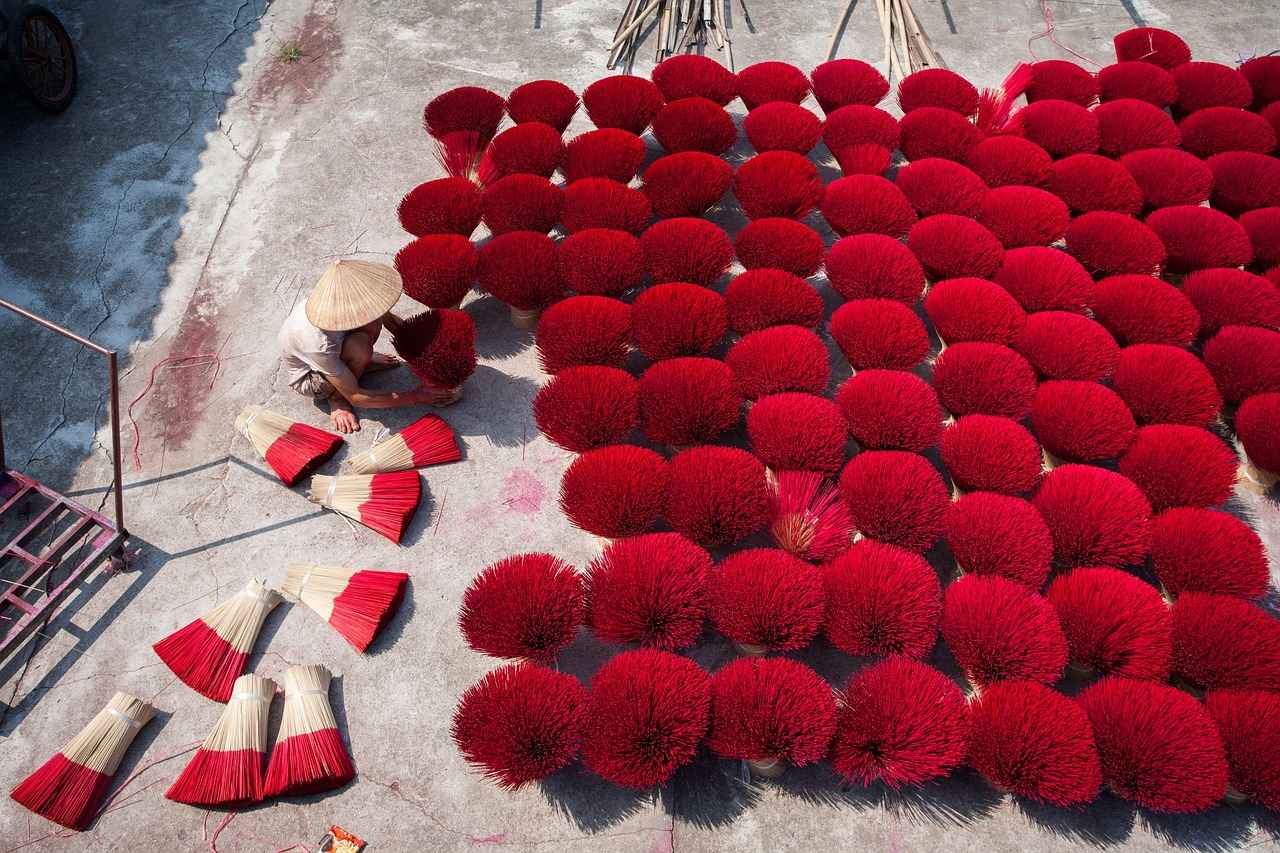
The Cultural Roots of Debate in Bengali Society
Debating is not merely a pastime for the Bengali people; it is a cultural cornerstone that has evolved over centuries. This vibrant tradition is deeply embedded in the fabric of Bengali society, influenced by a rich history of intellectual discourse and social interaction. The roots of this debate culture can be traced back to the historical movements that emphasized education, literature, and public discussion.
Throughout history, Bengal has been a melting pot of ideas and ideologies. The Bengal Renaissance, which flourished in the 19th century, played a pivotal role in shaping the intellectual landscape. Influential figures such as Raja Ram Mohan Roy and Rabindranath Tagore championed progressive thought, encouraging open dialogue on issues such as social reform, gender equality, and cultural identity. These discussions laid the groundwork for a society that values debate as a means of exploring diverse perspectives.
Moreover, the significance of debate extends beyond intellectual circles; it permeates everyday life in Bengali households. Family gatherings often transform into lively discussions where differing opinions are expressed freely. This practice not only strengthens familial bonds but also promotes a culture of open communication and critical thinking.
In educational institutions, debating is actively encouraged, with schools and universities hosting competitions that nurture students’ skills. These platforms not only enhance students’ ability to articulate their thoughts but also foster a spirit of collaboration and respect for differing viewpoints.
Furthermore, the advent of technology has revolutionized the way debates are conducted. Social media platforms have emerged as popular venues for public discourse, allowing a broader audience to engage in discussions. While this has its advantages, it also presents challenges, such as the spread of misinformation and polarized opinions.
In conclusion, the cultural roots of debate in Bengali society are profound and multifaceted. This tradition not only enriches the intellectual landscape but also fosters community engagement and critical thinking. As debates continue to evolve with the times, they remain a vital aspect of Bengali identity, reflecting the enduring love for discourse and dialogue.
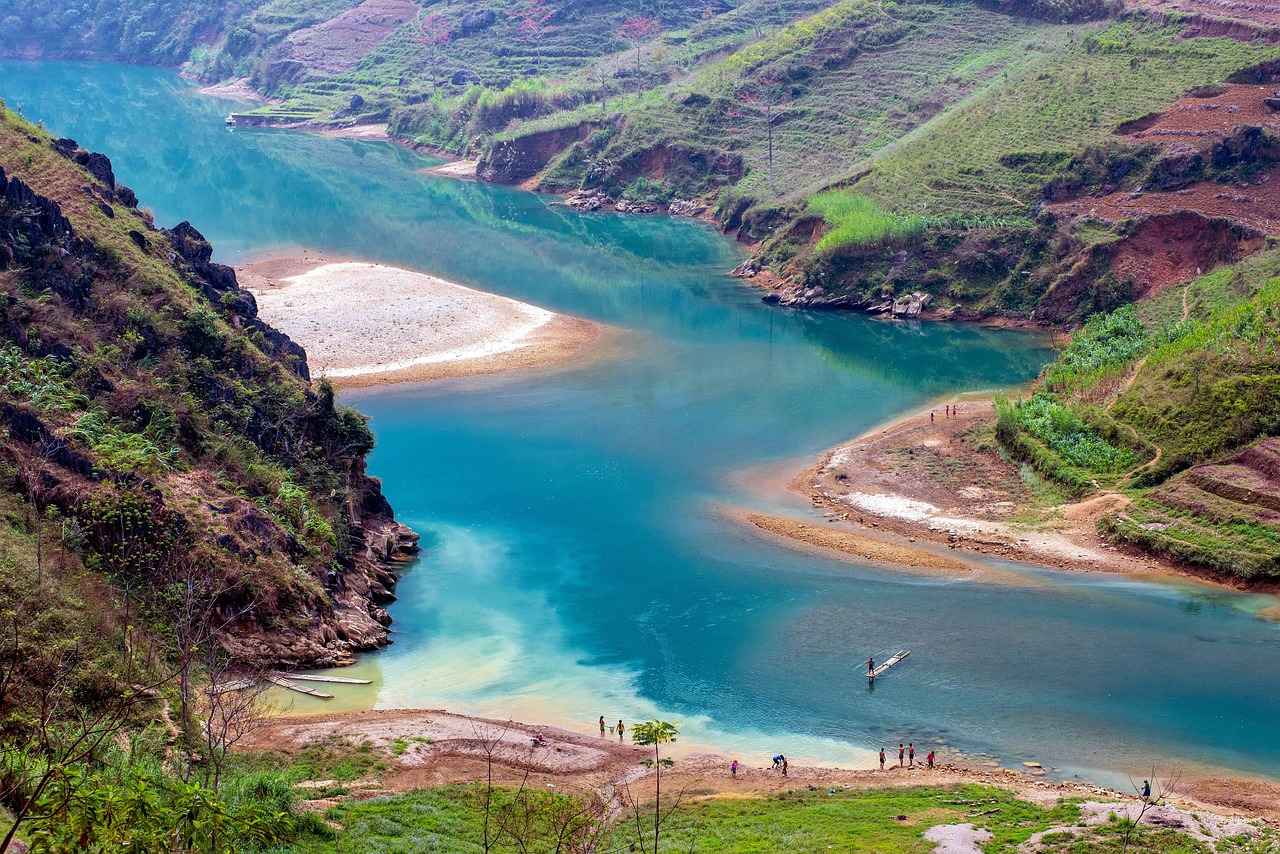
Historical Influences on Bengali Debating
The history of Bengal is a tapestry woven with rich intellectual movements that have significantly influenced public discourse. From ancient times to the present, the tradition of debate has been a cornerstone of Bengali society, encouraging critical thinking and fostering a culture of dialogue.
One of the earliest influences on Bengali debating can be traced back to the Buddhist and Hindu philosophical traditions. These ideologies emphasized dialogue and discussion as means to explore existential questions, laying the groundwork for a culture that values intellectual exchange.
During the 19th century, Bengal witnessed a renaissance of sorts, with the emergence of key figures such as Rammohun Roy and Bankim Chandra Chatterjee. These intellectuals not only challenged societal norms but also encouraged public debates on issues like social reform and national identity. Their works inspired a generation to engage in lively discussions about the future of Bengal.
The role of literature cannot be overstated in this context. Bengali writers, including the Nobel laureate Rabindranath Tagore, have used their craft to provoke thought and discussion. Tagore’s poetry and prose often reflect the complexities of human experience, inviting readers to engage in meaningful conversations about life, love, and society.
Furthermore, the political landscape of Bengal has historically fueled debates. The struggle for independence from colonial rule brought forth numerous discussions on governance, rights, and responsibilities. The passionate discourse surrounding these issues has only strengthened the Bengali propensity for debate.
In contemporary times, the tradition of debating continues to thrive, influenced by modern social dynamics and the advent of technology. Online platforms have become vital spaces for engaging in discussions, allowing voices from all walks of life to participate in the ongoing dialogue.
In conclusion, the rich history of Bengal is marked by a vibrant culture of debate that has evolved over centuries. This tradition not only reflects the intellectual spirit of the Bengali people but also underscores the importance of public discourse in shaping society.
The Role of Literature in Shaping Debates
Bengali literature has been a powerful catalyst for debate, influencing public opinion and encouraging critical discussions on various societal issues. This rich literary tradition has given rise to numerous writers and poets whose works challenge prevailing norms and provoke thought. By exploring the intersection of literature and debate, we can gain insight into how these literary pieces have shaped public discourse.
Influential Literary Works
- Rabindranath Tagore: As the first non-European Nobel laureate in Literature, Tagore’s works often delve into themes of social justice and human rights. His poetry and plays encourage readers to question societal structures and advocate for change.
- Kazi Nazrul Islam: Known as the rebel poet, Nazrul’s writings are characterized by their passionate critiques of oppression and injustice. His works inspire discussions on freedom and equality, resonating with readers across generations.
- Sukanta Bhattacharya: A prominent voice of the 20th century, Sukanta’s poetry reflects the struggles of the working class and ignites conversations about class disparity and social reform.
Modern Literature’s Contribution
Contemporary Bengali authors continue to engage with pressing social issues, using their narratives to inspire debate among younger audiences. Works addressing topics such as gender equality, environmental concerns, and political corruption are particularly impactful. These writers utilize various genres, including fiction, poetry, and drama, to challenge readers to reflect on their beliefs and values.
Literature as a Tool for Change
Literature in Bengali culture serves not only as a medium for artistic expression but also as a vital tool for social change. By sparking discussions and debates, literary works empower individuals to voice their opinions and advocate for reform. This dynamic interplay between literature and debate highlights the enduring influence of Bengali writers in shaping societal discourse.
In conclusion, the role of literature in shaping debates within Bengali society is profound. Through the works of influential writers, literature continues to inspire critical thought and public discourse, fostering a culture of engagement and reflection.
Prominent Bengali Writers and Their Impact
The literary landscape of Bengal has been profoundly shaped by the contributions of notable authors, whose works resonate with themes of social justice, identity, and the human experience. Among these luminaries, Rabindranath Tagore and Kazi Nazrul Islam stand out, not only for their literary prowess but also for their significant influence on the art of debate and critical discourse in Bengali society.
Rabindranath Tagore, the first non-European Nobel laureate in Literature, used his poetry, songs, and prose to challenge societal norms and provoke thought. His works often delve into philosophical questions and ethical dilemmas, encouraging readers to engage in introspective debate. Tagore’s emphasis on individuality and freedom resonates deeply with the Bengali ethos, inspiring generations to question and discuss the status quo.
Similarly, Kazi Nazrul Islam, known as the Rebel Poet, infused his writings with a spirit of resistance against oppression. His fiery poems and songs advocate for social equality and human rights, sparking discussions that transcend mere literary appreciation. Nazrul’s ability to articulate the struggles of the marginalized has made his work a cornerstone for debates on justice and equity in Bengali culture.
Both authors have not only enriched Bengali literature but have also fostered a culture of critical thinking and dialogue. Their literary legacies encourage readers to reflect on pressing societal issues, thus nurturing a vibrant debate culture that is integral to Bengali identity.
In contemporary times, the impact of these writers continues to be felt, as modern authors draw inspiration from their themes to address current social challenges. The enduring relevance of Tagore and Nazrul in discussions around literature, politics, and social issues exemplifies the profound connection between literature and debate in Bengali society.
Modern Literature and Debate
In the realm of contemporary Bengali literature, the interplay between literature and societal issues has become increasingly significant. This evolution reflects a broader trend where authors engage with pressing social topics, aiming to provoke thought and inspire dialogue among readers, particularly the youth. As we delve into the current literary landscape, it is essential to recognize how these works serve as a mirror to society, reflecting its complexities and challenges.
One of the most notable aspects of modern Bengali literature is its focus on social justice. Writers are now tackling themes such as gender equality, environmental concerns, and political corruption. For instance, novels like “The Hungry Tide” by Amitav Ghosh not only tell compelling stories but also raise awareness about the struggles of marginalized communities. Such works encourage readers to engage in debates about the realities of life in Bengal and beyond.
Moreover, contemporary authors often utilize digital platforms to reach a wider audience, facilitating discussions that extend beyond traditional literary circles. Social media has emerged as a vital space for literary critiques and discussions, where readers can share their perspectives and engage with authors directly. This shift has democratized literary discourse, allowing for diverse voices to contribute to the conversation.
Furthermore, the youth’s involvement in literary debates cannot be understated. Young readers are increasingly drawn to literature that resonates with their experiences and aspirations. They are not just passive consumers of literature; they actively participate in discussions, questioning the narratives presented to them and challenging the status quo. This dynamic fosters a culture of critical thinking and encourages a deeper understanding of societal issues.
In conclusion, modern Bengali literature serves as a powerful tool for debate and discussion. By addressing contemporary themes and engaging with the youth, it not only reflects the current socio-political climate but also inspires future generations to participate in meaningful conversations. As literature continues to evolve, so too will the debates that shape our understanding of the world around us.
The Influence of Politics on Debating Culture
In Bengal, politics is more than just a matter of governance; it is a significant catalyst that shapes the vibrant culture of debate among its people. The intertwining of political ideologies and public discourse has created a unique atmosphere where discussions are not only encouraged but are a vital part of daily life. This section delves into how political events and ideologies fuel public discussions and debates, reflecting the deep-rooted passion for dialogue that characterizes Bengali society.
Historically, Bengal has been a melting pot of political movements and intellectual thought. From the struggles for independence to contemporary political challenges, these events have sparked widespread debate among the populace. The political landscape is often reflected in the topics of conversation, with issues such as social justice, economic policies, and cultural identity dominating discussions.
Furthermore, political leaders and their ideologies often serve as focal points for debate. The rhetoric used by politicians resonates with the public, prompting individuals to engage in discussions that critically analyze their policies and implications. This dynamic creates a culture where questioning authority and debating differing viewpoints is not only accepted but celebrated.
Moreover, the role of media cannot be overlooked. Newspapers, television, and now social media platforms provide the stage for political debates, allowing citizens to express their opinions and engage with others. The accessibility of these platforms has democratized the debate culture, enabling voices from various backgrounds to contribute to the discourse.
In conclusion, the influence of politics on the debate culture in Bengal is profound. Political events and ideologies ignite discussions that reflect the community’s values and concerns. This vibrant exchange of ideas fosters a critical and engaged citizenry, ensuring that the tradition of debate remains a cornerstone of Bengali identity.
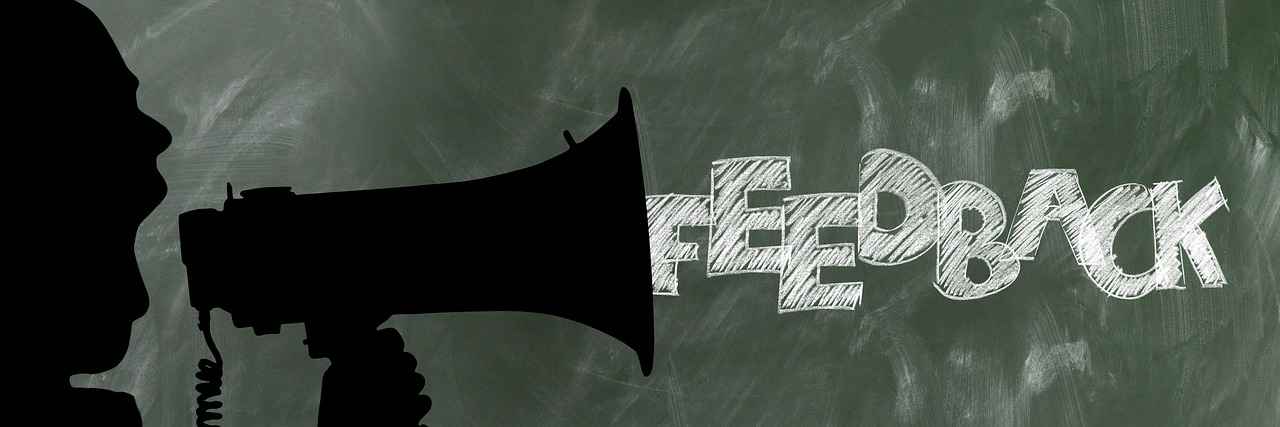
Debates as a Social Activity
For many Bengalis, engaging in debates transcends mere intellectual exercise; it is a vibrant social activity that fosters connections among individuals. This cultural phenomenon is deeply embedded in the social fabric of Bengali life, where discussions often serve as a medium for expressing thoughts and strengthening relationships.
During family gatherings, the atmosphere is often charged with energy as members share differing opinions on various topics, from politics to literature. These lively exchanges not only entertain but also encourage open communication and understanding among family members. The act of debating in such settings reinforces familial bonds, as participants learn to appreciate diverse perspectives while navigating disagreements.
- Encouraging Critical Thinking: Debates challenge individuals to articulate their thoughts clearly and defend their viewpoints, fostering critical thinking skills.
- Strengthening Relationships: Engaging in friendly debates can enhance relationships, as participants bond over shared interests and learn to respect differing opinions.
- Promoting Cultural Values: Through debates, Bengalis often explore and express their cultural values, traditions, and societal issues, making it a rich cultural experience.
Moreover, debates extend beyond family settings into social gatherings, where friends and acquaintances engage in discussions that may range from light-hearted banter to serious discourse. Such interactions often reflect a community’s collective consciousness and can lead to a deeper understanding of societal challenges.
In educational institutions, debates are integral to the curriculum, encouraging students to hone their debating skills and engage with contemporary issues. Schools and universities often host debate competitions, which not only foster a spirit of healthy competition but also prepare students for real-world discussions.
In conclusion, for Bengalis, debating is more than just a pastime; it is a catalyst for social interaction that enriches personal connections and promotes a culture of thoughtful discourse. This passion for debate helps shape a community that values dialogue, understanding, and intellectual growth.
The Family Dynamic in Debates
Family gatherings are often vibrant occasions filled with laughter, stories, and, most notably, lively debates. These discussions are not merely exchanges of opinions; they serve as a vital thread that weaves together the fabric of familial relationships. When family members engage in debates, they explore differing perspectives, which fosters a deeper understanding of each other.
One of the most significant aspects of these debates is their ability to strengthen familial bonds. When relatives express their opinions, whether they are in agreement or at odds, they create a platform for open communication. This openness encourages family members to share their thoughts and feelings, leading to a more profound connection. In many cases, these discussions can help resolve lingering disagreements and promote a sense of unity.
Moreover, debates can serve as a teaching moment, particularly for younger family members. Observing adults engage in respectful discourse helps children learn the importance of articulating their thoughts and listening to others. This skill is essential not only within the family but also in broader social interactions. By witnessing healthy debates, children develop critical thinking skills and the ability to navigate complex conversations.
In addition, the topics of family debates can vary widely, from politics and current events to personal anecdotes and family traditions. This diversity keeps the discussions engaging and allows family members to learn from one another. Through these exchanges, individuals can gain new insights and broaden their perspectives, enriching their personal growth.
In conclusion, family debates are more than just a pastime; they play a crucial role in nurturing open communication and strengthening bonds. By encouraging the expression of differing opinions, families can cultivate a dynamic environment where every member feels valued and heard, ultimately leading to a more cohesive and supportive family unit.
Debating in Educational Institutions
is a vital aspect of the academic framework in Bengal, where both schools and universities place a significant emphasis on developing debate skills among students. This practice not only enhances critical thinking but also fosters effective communication, teamwork, and confidence.
In Bengal, educational institutions recognize that debate serves as an effective pedagogical tool. By engaging in structured arguments, students learn to articulate their thoughts clearly and defend their viewpoints. This section delves into how these institutions integrate debate into their curricula.
- Curricular Integration: Many schools and universities have incorporated debate clubs and competitions into their academic programs. These initiatives encourage students to participate actively, honing their skills in a supportive environment.
- Skill Development: Through regular practice, students develop essential skills, such as research, public speaking, and critical analysis. This multifaceted approach ensures that students are well-prepared for future challenges.
- Encouraging Diverse Perspectives: Debate fosters an atmosphere where differing opinions are valued. Students learn to appreciate diverse perspectives, which is crucial in today’s globalized world.
Moreover, educational institutions often organize inter-school and inter-college debate competitions that attract participants from various backgrounds. These events not only provide a platform for students to showcase their skills but also promote a spirit of camaraderie and healthy competition.
Teachers play a pivotal role in this process by guiding students through the intricacies of argumentation and rhetoric. Their mentorship is invaluable in helping students refine their debating techniques and develop a deeper understanding of the topics at hand.
In conclusion, the emphasis on debate in Bengal’s educational institutions is a testament to the region’s rich cultural heritage of discourse. By prioritizing this skill, schools and universities are not only preparing students for academic success but also equipping them with the tools necessary for informed citizenship and community engagement.
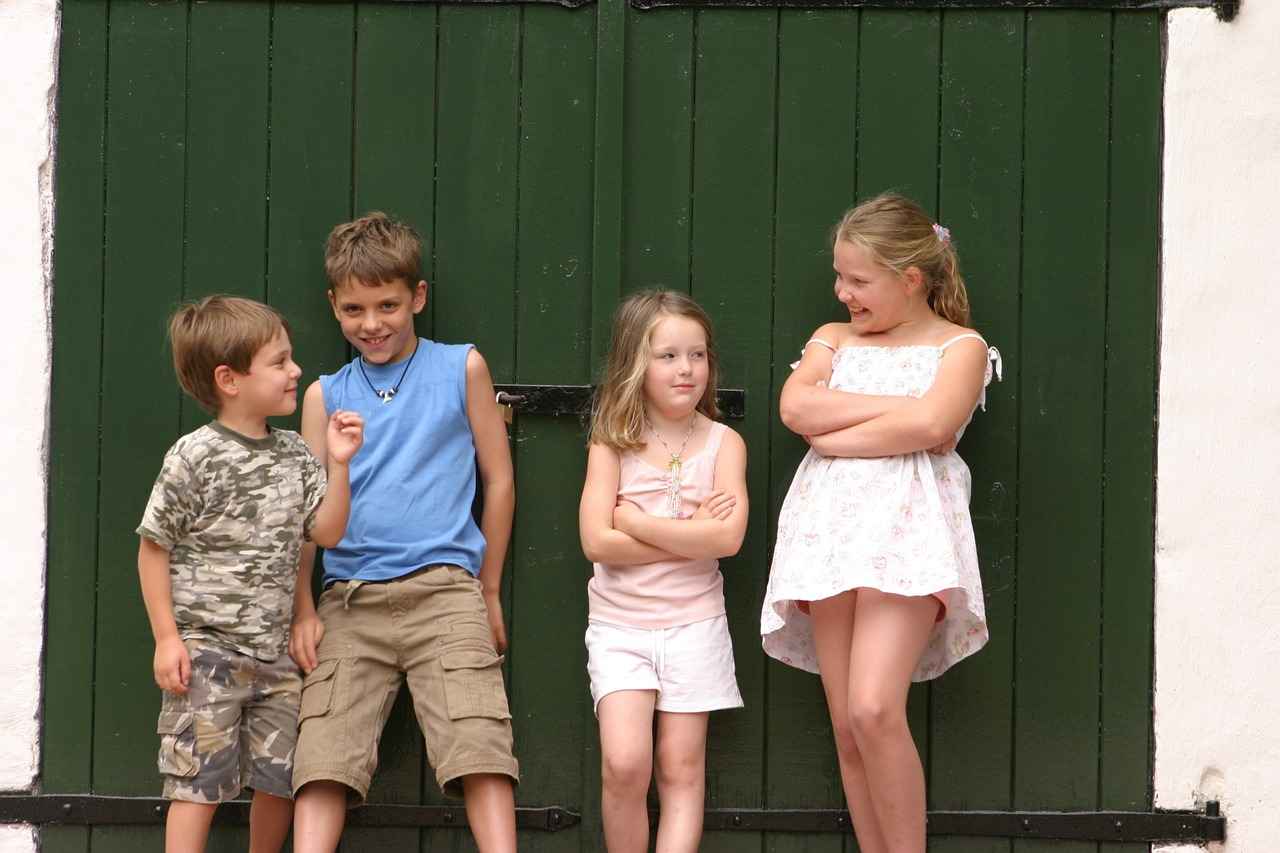
Impact of Technology on Debating Trends
The impact of technology on the debating culture of Bengalis has been profound and transformative. With the rise of digital platforms, traditional forms of debate have evolved, leading to new dynamics in how discussions are initiated, conducted, and perceived.
Social media platforms such as Facebook, Twitter, and WhatsApp have become vital spaces for debate, allowing individuals from diverse backgrounds to express their opinions freely. This accessibility has democratized the art of debate, enabling voices that may have been marginalized in face-to-face discussions to be heard.
Moreover, the immediacy of online communication fosters rapid exchanges of ideas. Users can engage in real-time debates, responding to current events as they unfold. This immediacy can lead to dynamic discussions but also poses challenges, such as the spread of misinformation and the potential for heated arguments to escalate quickly.
| Advantages of Online Debating | Disadvantages of Online Debating |
|---|---|
| Wider audience reach | Risk of misinformation |
| Increased participation | Potential for hostility |
| Real-time engagement | Superficial discussions |
Furthermore, the anonymity provided by online platforms can encourage users to express their thoughts more freely, but it can also lead to less accountability. As a result, the quality of debates can vary significantly. While some discussions are enlightening and well-informed, others may devolve into personal attacks or trolling.
In educational contexts, technology has facilitated virtual debates among students, connecting classrooms across geographical boundaries. This innovation not only enhances learning experiences but also prepares students for a globalized world where online communication is paramount.
As we look to the future, the integration of technology into Bengali debating culture is likely to continue evolving. Emerging platforms and tools will shape how debates are conducted, potentially leading to more structured and moderated discussions. Overall, technology has reshaped the landscape of debate, making it more inclusive while also presenting new challenges that need to be addressed.
Social Media as a Debate Platform
Social media has emerged as a significant platform for debate among Bengalis, fostering a vibrant environment for discussion and engagement. With the rise of digital communication, people can now express their opinions and engage in debates beyond geographical limitations. This section explores the advantages and disadvantages of online debates within the Bengali community.
Advantages of Online Debates
- Wider Reach: Social media allows individuals from various backgrounds and regions to participate in discussions, broadening the scope of perspectives.
- Anonymity: The option to remain anonymous encourages more people to voice their opinions without fear of judgment.
- Accessibility: Online platforms are easily accessible, enabling users to engage in debates at their convenience, regardless of time and place.
- Instant Feedback: Participants can receive immediate responses, fostering dynamic conversations and real-time exchanges of ideas.
Disadvantages of Online Debates
- Polarization: Online platforms can create echo chambers where individuals only engage with like-minded people, leading to a lack of diverse opinions.
- Miscommunication: The absence of non-verbal cues can lead to misunderstandings and escalate conflicts unnecessarily.
- Cyberbullying: The anonymity of the internet can sometimes result in hostile interactions, discouraging constructive dialogue.
- Information Overload: The sheer volume of content can overwhelm users, making it difficult to discern credible sources from misinformation.
In conclusion, while social media provides a unique opportunity for Bengalis to engage in lively debates, it also presents challenges that can hinder productive discourse. Balancing the benefits and drawbacks is essential for fostering a healthy debate culture online, ensuring that discussions remain constructive and inclusive.
Future Trends in Bengali Debating
As the world continues to evolve, so does the culture of debate within Bengali society. This section delves into the anticipated shifts in how Bengalis engage in discussions, considering the impact of emerging issues and technological advancements.
In recent years, the rise of digital communication has transformed the landscape of debate. Social media platforms like Facebook and Twitter have become arenas for public discourse, enabling individuals to voice their opinions and engage with a broader audience. This shift has democratized debate, allowing voices from various backgrounds to contribute to discussions that were once confined to academic or elite circles.
Moreover, the younger generation is increasingly turning to online forums and debate clubs, where they can express their thoughts on pressing issues such as climate change, social justice, and politics. This trend highlights a growing awareness among the youth about the importance of being informed and engaged citizens. Educational institutions are also adapting by incorporating digital literacy into their curricula, ensuring that students are equipped with the skills needed to navigate online debates effectively.
Another significant trend is the integration of multimedia elements into debates. As video content becomes more prevalent, we may see a shift from traditional text-based discussions to more dynamic formats, including live debates and interactive panels. This evolution not only makes debates more engaging but also allows for a richer exchange of ideas, as participants can utilize visual aids and real-time feedback.
Furthermore, the influence of global issues on local debates cannot be understated. As Bengalis become more interconnected with the world, topics such as globalization and cultural exchange are likely to shape the narratives within debates. Engaging with international perspectives will enrich the local discourse, fostering a more nuanced understanding of complex issues.
In conclusion, the future of Bengali debating is poised for transformation, driven by technology, youth engagement, and global influences. As these trends unfold, they will undoubtedly reshape the way Bengalis communicate and connect through debate, ensuring that this cherished cultural practice continues to thrive.

Conclusion: The Enduring Love for Debate
The passion for debate among Bengalis is not merely a pastime; it is a reflection of their rich cultural heritage and intellectual tradition. This love for discussion is woven into the very fabric of Bengali society, where the art of debating is seen as a vital means of fostering critical thinking and enhancing community engagement.
Debating serves as a platform for individuals to express their ideas, challenge prevailing norms, and engage with diverse perspectives. This cultural inclination towards discourse can be traced back to historical influences, where intellectual movements and literary contributions shaped the landscape of public dialogue. The works of renowned Bengali writers, such as Rabindranath Tagore and Kazi Nazrul Islam, have inspired countless discussions, encouraging readers to ponder societal issues and engage in thoughtful debate.
In modern times, the role of debate has evolved, especially with the advent of technology and social media. These platforms provide new avenues for discussions, enabling broader participation and the exchange of ideas across geographical boundaries. However, while online debates can enhance accessibility, they also present challenges such as misinformation and polarized views.
Ultimately, the enduring love for debate among Bengalis highlights the importance of maintaining open lines of communication within communities. It fosters a culture of respect for differing opinions and promotes a spirit of inquiry and learning. As society continues to evolve, so too will the methods and topics of debate, ensuring that this cherished tradition remains vibrant and relevant.
In conclusion, the significance of debate in Bengali culture is profound, serving as a cornerstone for intellectual growth and social cohesion. Embracing this passion not only enriches individual lives but also strengthens the community as a whole, making it an integral part of the Bengali identity.
Frequently Asked Questions
- Why are debates so popular among Bengalis?
Debates are woven into the very fabric of Bengali culture, stemming from historical influences and a rich intellectual tradition. They provide a platform for expressing diverse opinions and foster critical thinking, making them a cherished pastime.
- How do family gatherings influence debating culture?
Family gatherings often turn into lively debate sessions, where differing opinions are shared openly. This not only strengthens familial bonds but also encourages a culture of communication and respect for varying viewpoints.
- What role does literature play in Bengali debates?
Bengali literature has historically sparked discussions on societal issues, with influential writers like Rabindranath Tagore inspiring debate through their works. Modern literature continues this tradition, addressing contemporary challenges and promoting dialogue among readers.
- How has technology changed the way Bengalis debate?
The rise of social media and online platforms has revolutionized debating practices in Bengal. While these platforms allow for broader participation, they also present challenges, such as misinformation and polarized discussions.
- What can we expect for the future of Bengali debating?
As society evolves, so does the culture of debate. Emerging issues and technological advancements will likely shape future discussions, making them more dynamic and accessible to a wider audience.


